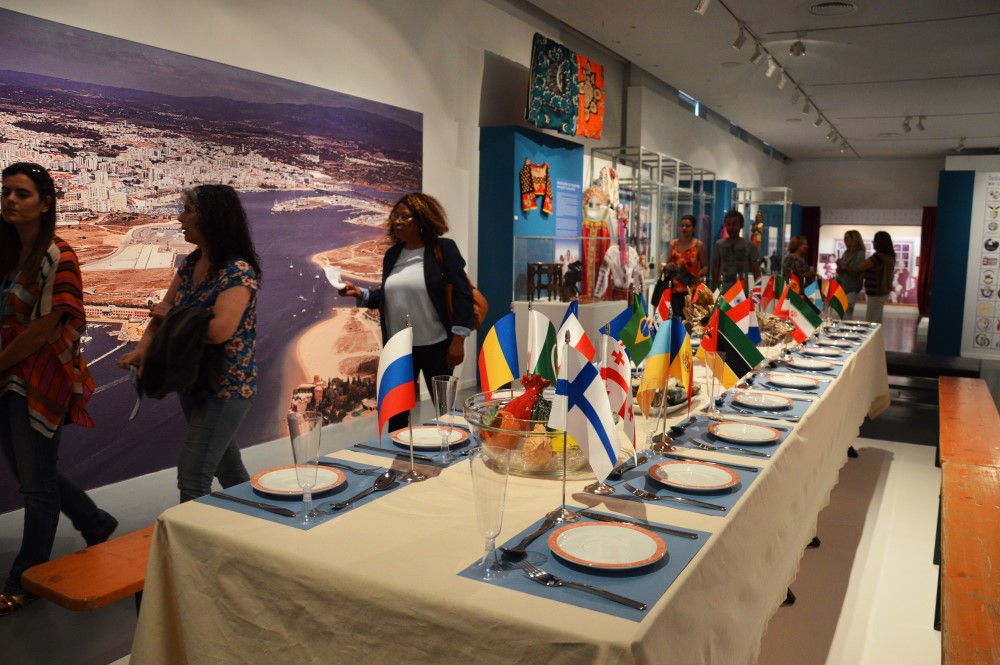 Talking about civil society in a museum that itself was born out of years and years of work and struggle of that same civil society. This is the summary of the new exhibition "Todos Somos Portimão", which, last Saturday, opened at the Museum of Portimão, to mark the 9th anniversary of property of this structure that, before being, already was.
Talking about civil society in a museum that itself was born out of years and years of work and struggle of that same civil society. This is the summary of the new exhibition "Todos Somos Portimão", which, last Saturday, opened at the Museum of Portimão, to mark the 9th anniversary of property of this structure that, before being, already was.
The exhibition tells the story of the organizations that people from Portimo have created, over the centuries, to address their problems and needs, from the Santa Casa da Misericórdia (and there is an unpublished photograph of the first headquarters of the Misericórdia, a building that has already disappeared), passing through the many clubs to collectivities, such as the Glória or Morte Portimonense, a fishermen's club and dock workers, whose emblem, appropriate to the name, bears a skull, and reaching organizations created by immigrants of various origins.
This, of course, without forgetting the club of the moment, Portimonense, which has just returned to the First Football League and which, on the day after the opening of this show, he would become national champion of the II League and be received in apotheosis in the city.
«Portimão is a city and a municipality made up of all these people, from all these layers, who over the centuries have created our identity», would say José Gameiro, scientific director of the Museum.
And Isilda Gomes, mayor, would add: “our municipality is marked by interculturality and this exhibition is a way of paying homage to these men and women who set to work to make Portimão what it is today”.
Interculturality is, in fact, the theme of the exhibition, built by the museum team. At the entrance, a wall says, in the various languages present in the municipality and represented in the exhibition, that «We are all Portimão». Further on, another wall brings together the emblems of 130 communities (130!) existing in the municipality, in areas ranging from sports to culture, including social support.
In one of the exhibition's wings, the colorful objects donated by some of the resident and very active foreign communities stand out: the capulanas from Mozambique, from the AllMozambi Association, the festive garments from CAPELA – Support Center for the Eastern Immigrant Population and Friends, New Year traditions from Iran, handicrafts from Cape Verde, Morocco, China or even a curious female Buddha from India.
But main piece from this exhibition is the table called «Portimão», which occupies the center of the exhibition and displays, as a celebration, the flags of all the countries present in the municipality. "This is the flag of Mozambique," said Mozambican lawyer Sofia Froi, proudly pointing to her country's standard.
And because the house of the Municipal Museum of Portimão celebrated 9 years of age – the museum itself, as an active structure, is already over 30 years old –, even the artistic birthday cake, made by Vera Santos, employee and owner of Ateliê Amor à Slices, was offered by an association, with an umbilical connection to the house: the Grupo dos Amigos do Museu de Portimão.
As José Gameiro had already explained, "we want to show how civil society reacts, expresses and organizes itself, and how it brings together and welcomes all these different nationalities in our Mediterranean conviviality." «Inclusion, citizenship and civic sense are some of the concepts that permeate these activities and that help to form the plural identity of Portimão».
“The objective is to fight indifference and injustice in relation to these issues of multiculturalism, so that we stop talking about “us and the others”, as if we were not all the same”, said the scientific director of the Portimão Museum.
The exhibition, he underlined, fits «perfectly» with the theme of the International Day of Museums, marked on May 18 by ICOM, and which this year is “Museums and controversial stories: saying the unspeakable in museums”. And much of this “unspeakable” and these “controversial stories”, he stressed, can be told by local associations, of people born in Portimão or who chose this city to live.
Continuing with the theme of interculturality, the birthday party even had the 9 Greek muses, daughters of Zeus and Mnemosine (Goddess of Memory), protectors of the arts, sciences and letters. And that was how the students and students of the professional courses in Performing Arts and Strings and Keys at Escola da Bemposta danced, sang, declaimed, played, surprising visitors in the various spaces of the museum.
And because, in the good Portuguese and Mediterranean way, a party that is a party must have food and drink, chef Aníbal Guerreiro, professor at the Hotel School of Portimão, in an initiative by Docapesca to promote national fish, prepared some delicious and imaginative snacks, based on mackerel and canned horse mackerel, which disappeared in a flash. Washed down with white wine from Portimão and sangria made with Algarve wine, at the end there were even toasts, for the health and long life of the Portimão Museum.
The exhibition “Todos Somos Portimão” is on display for six months, during normal museum hours.
Photos: Elisabete Rodrigues|Sul Informação
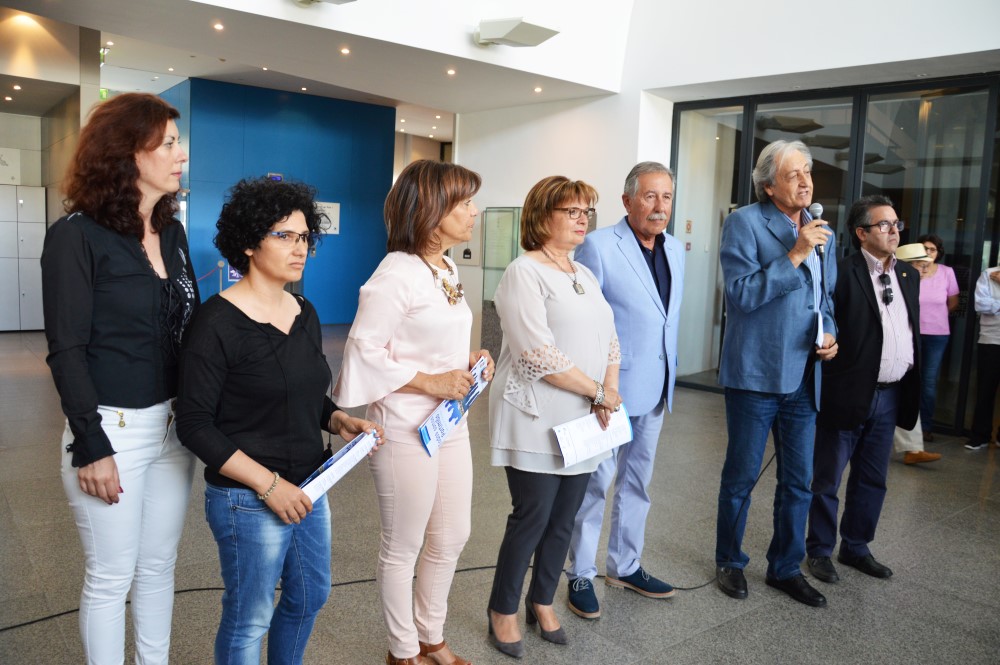
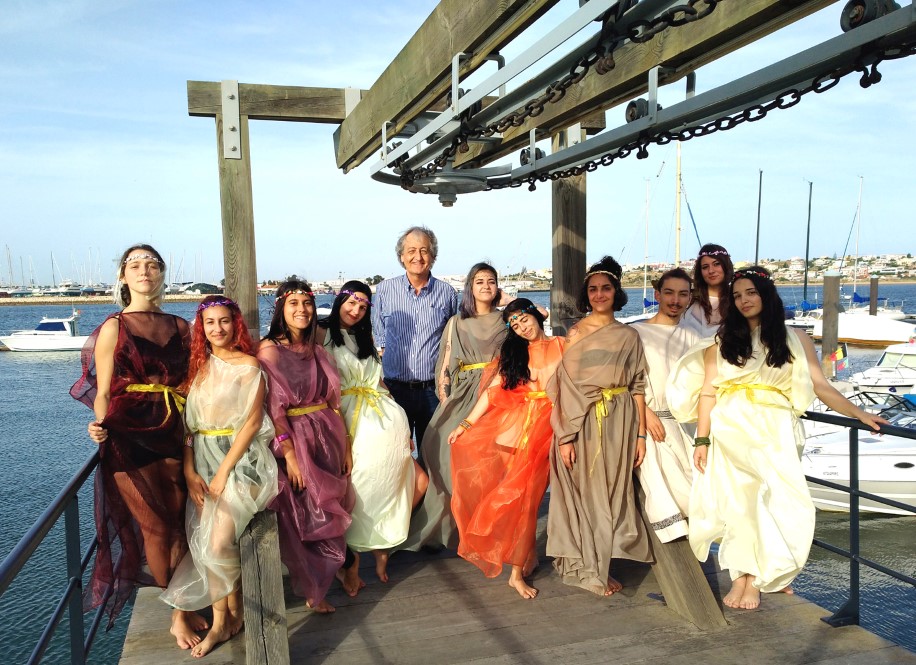
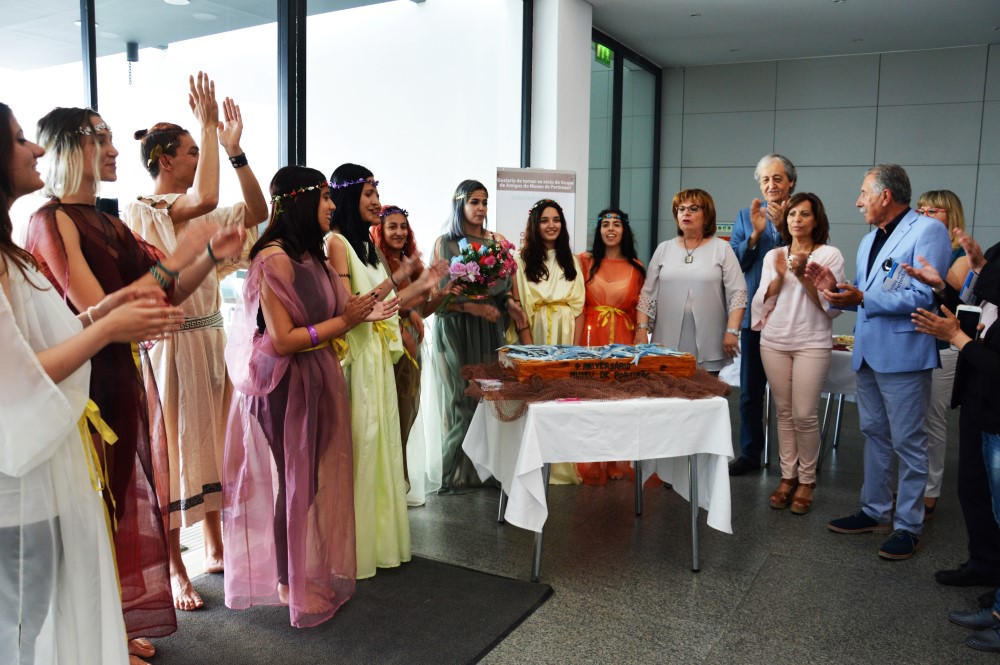
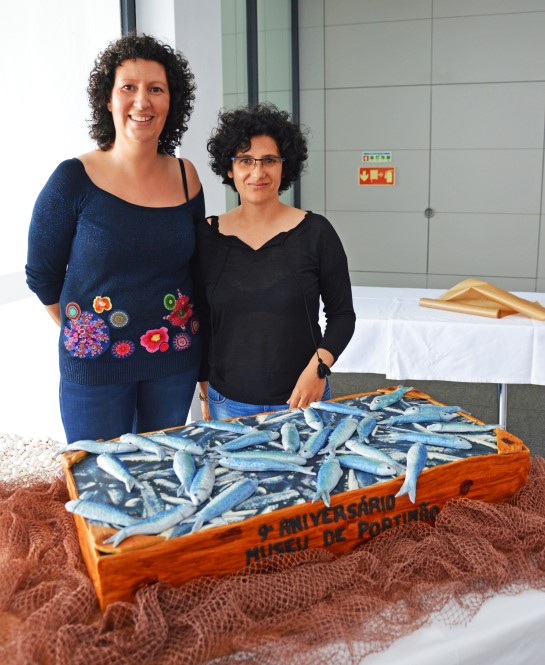
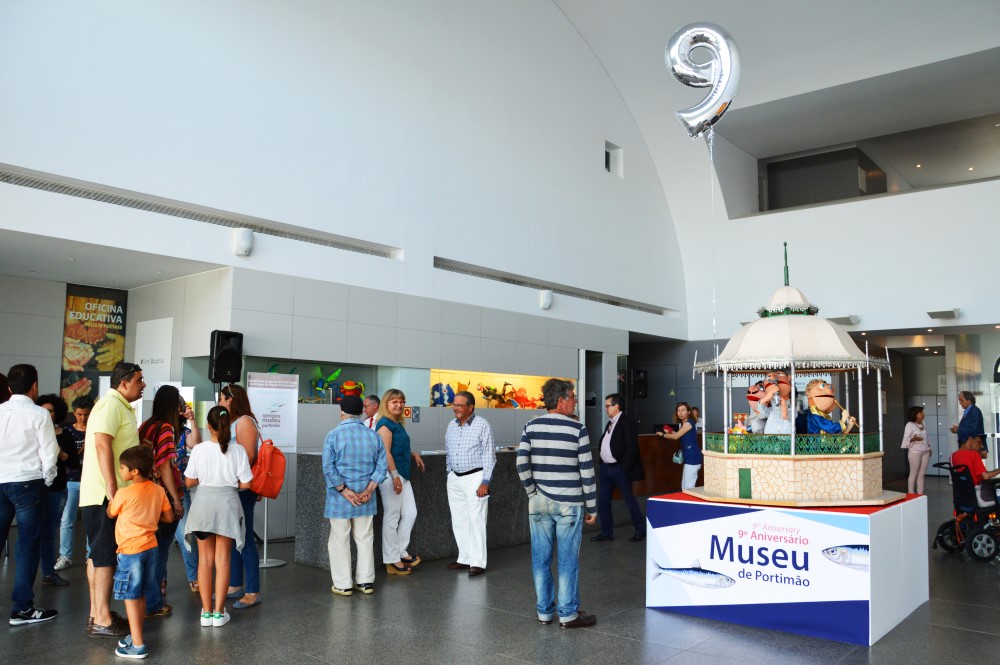
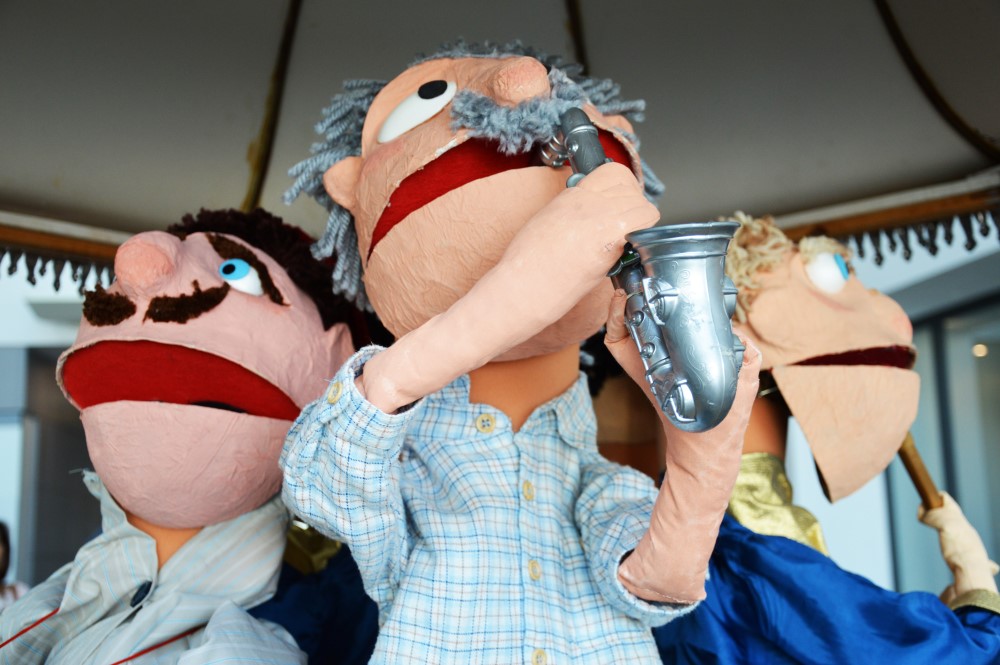
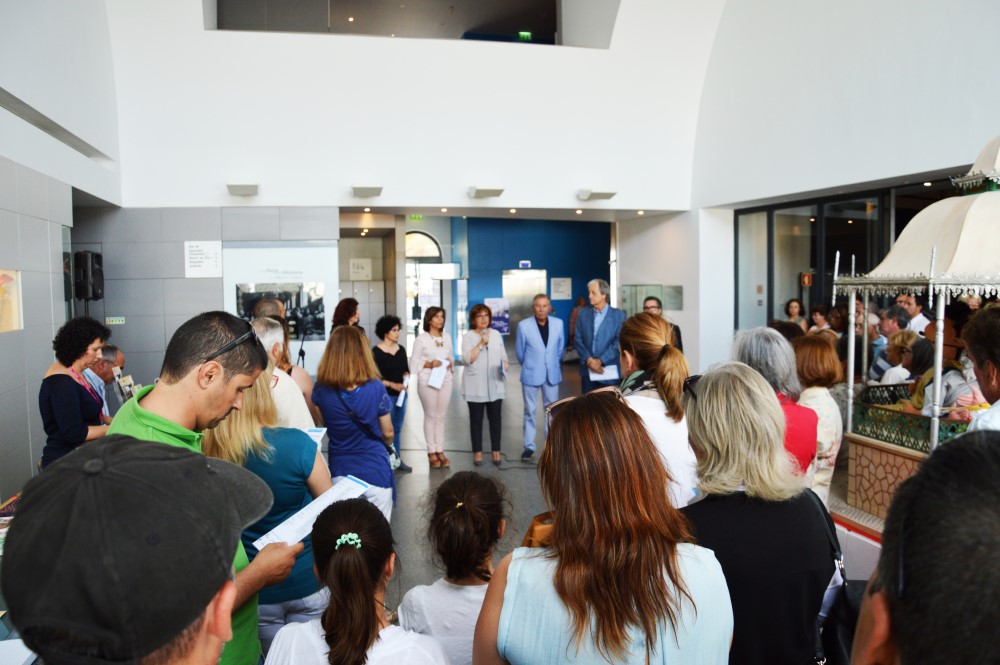
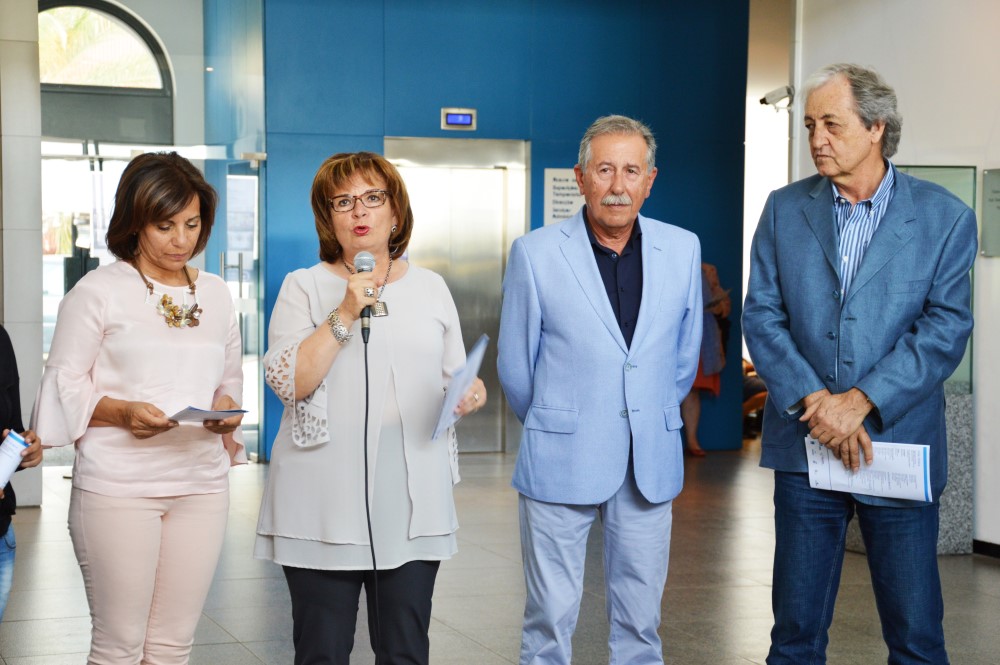
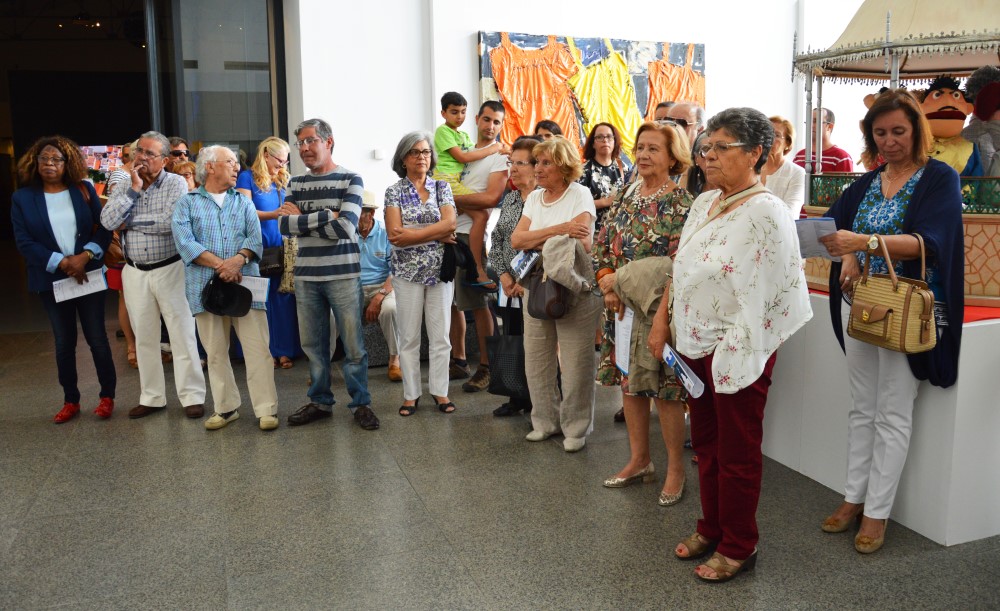
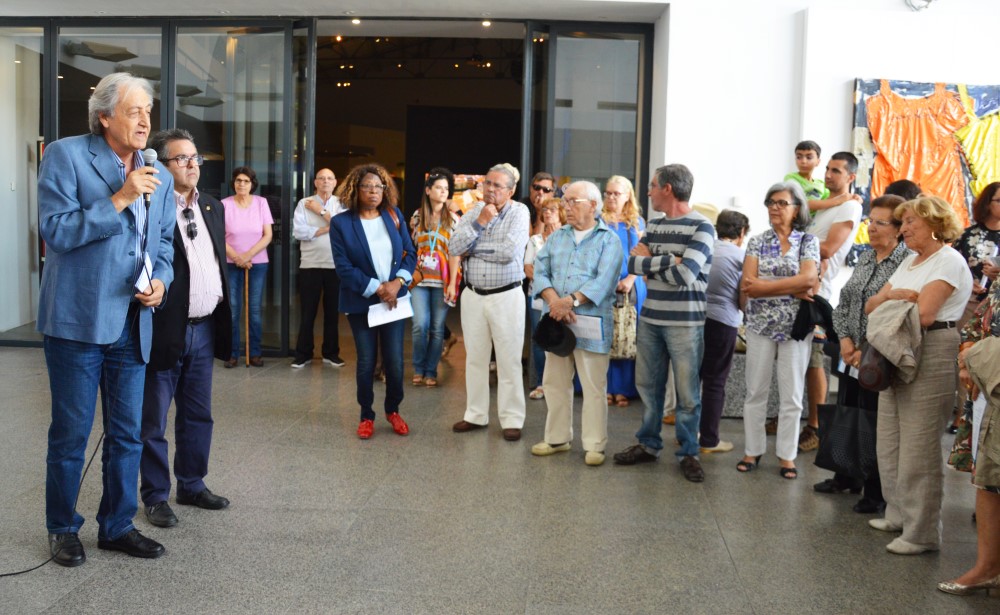
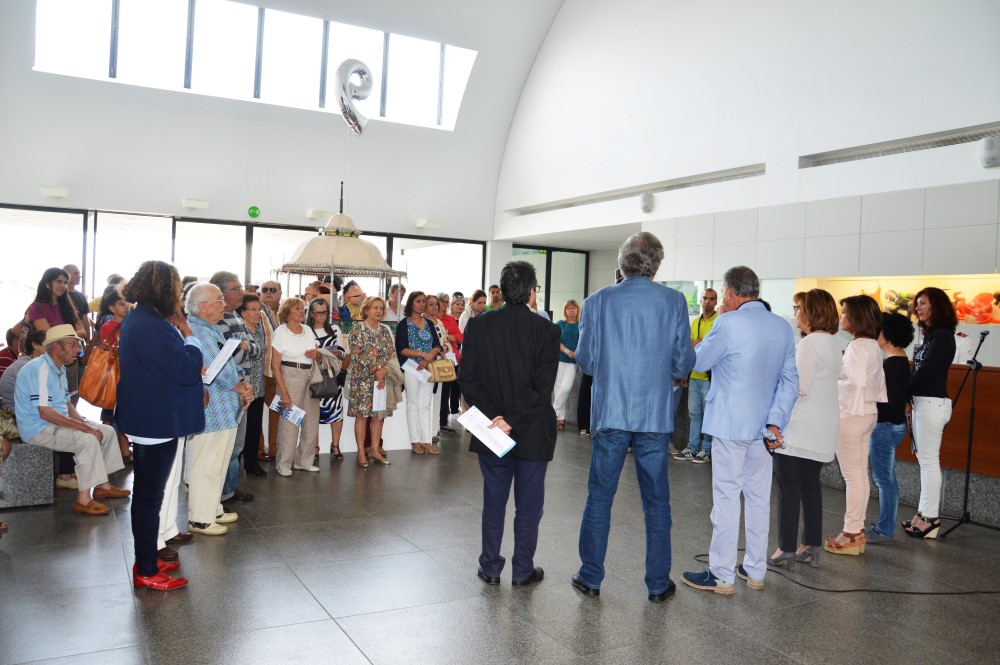
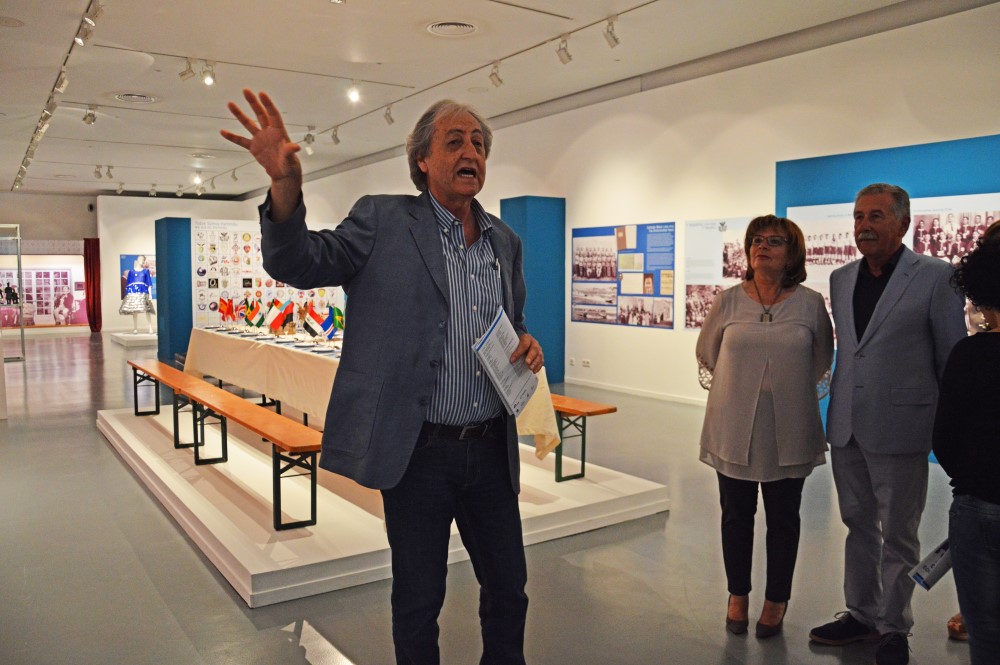
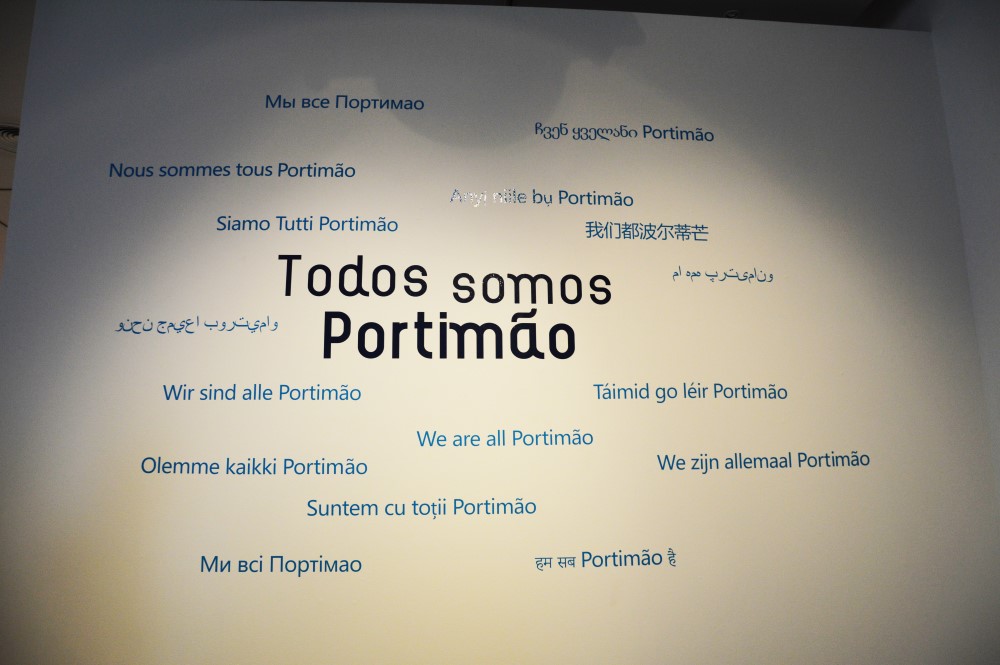
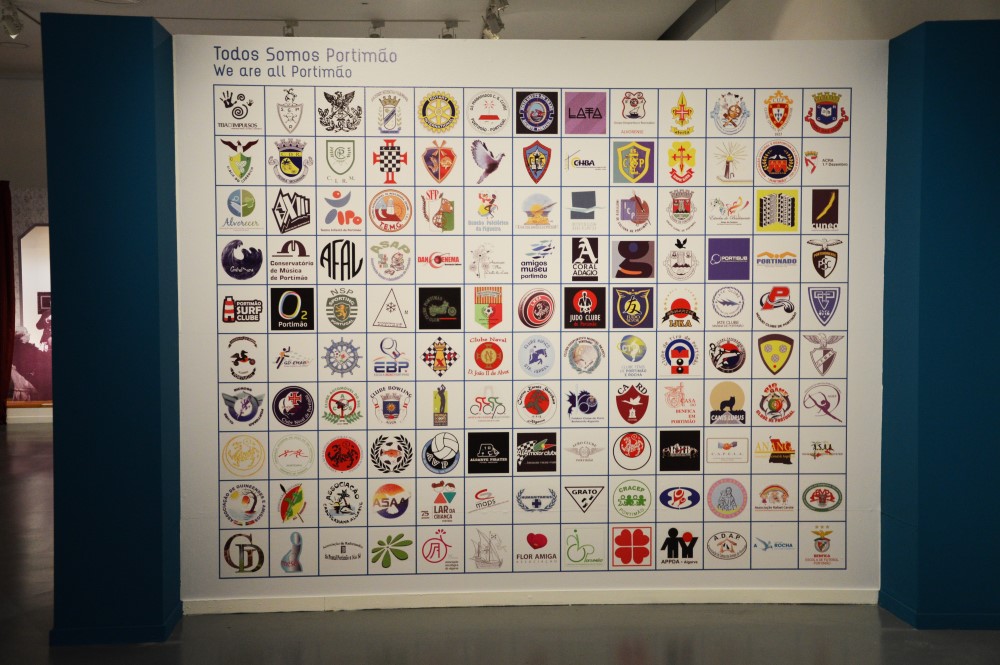
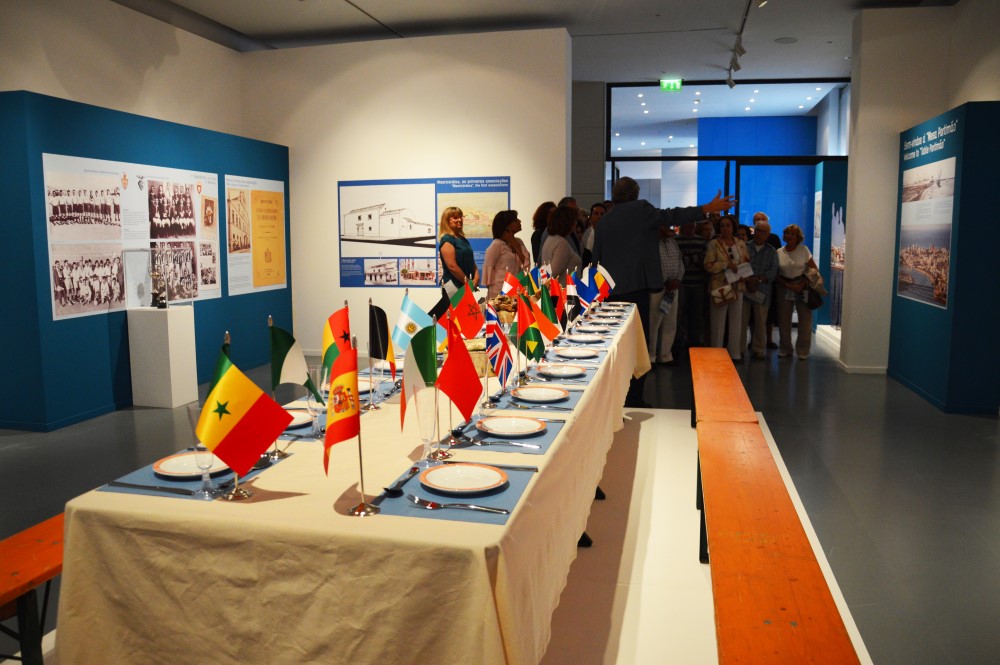
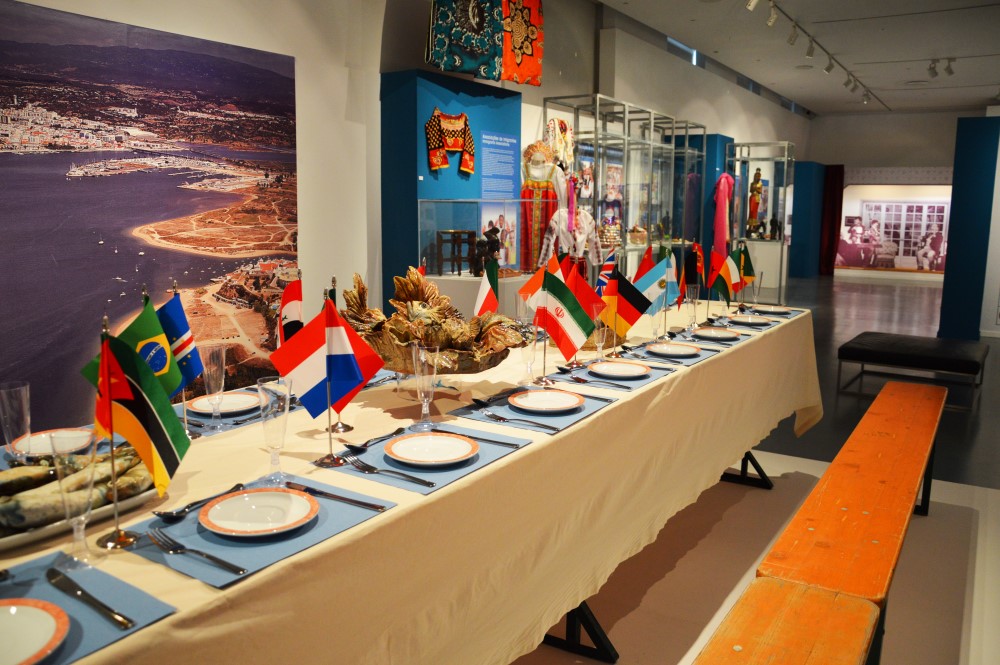
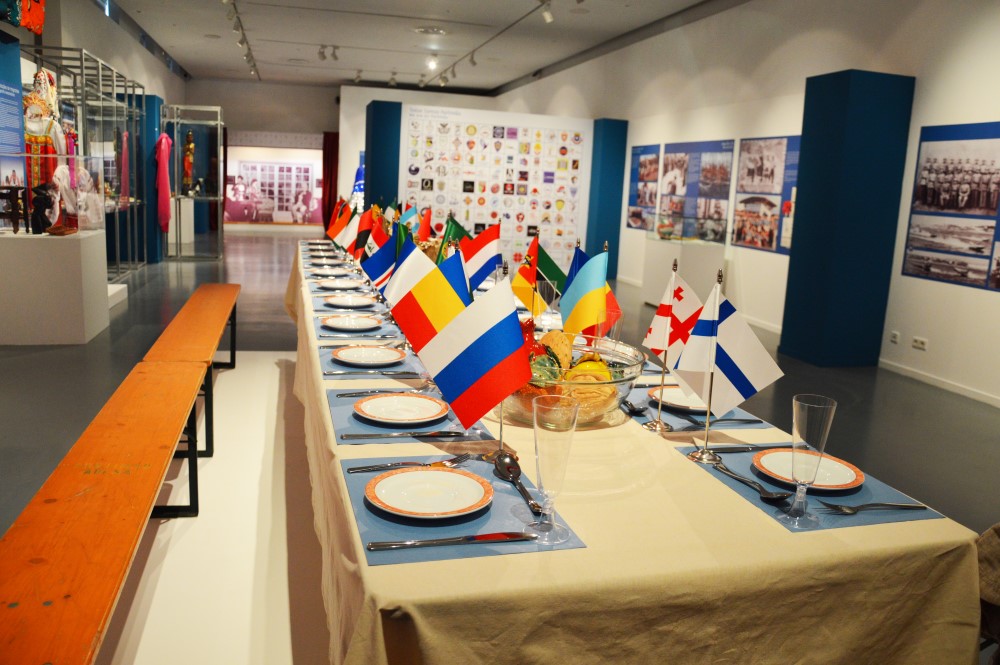
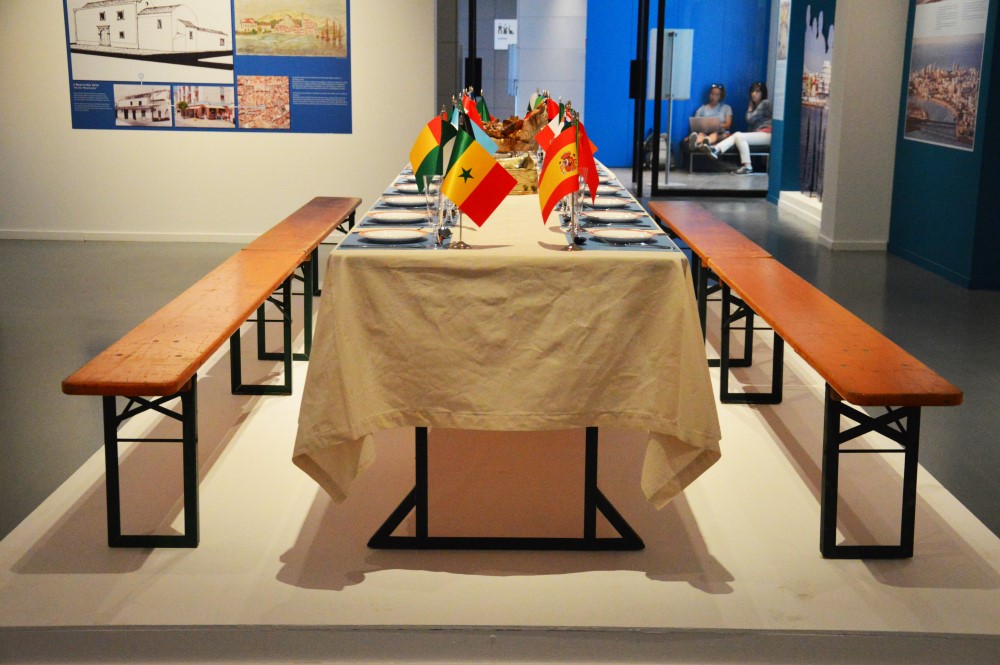
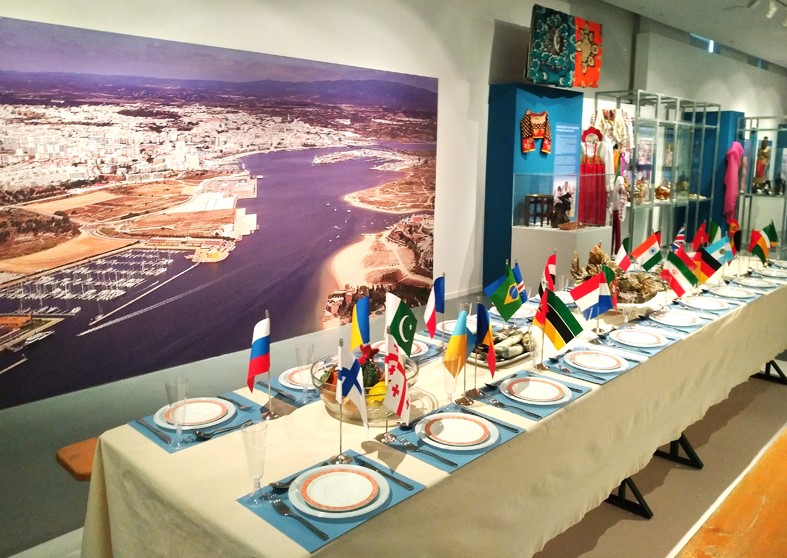
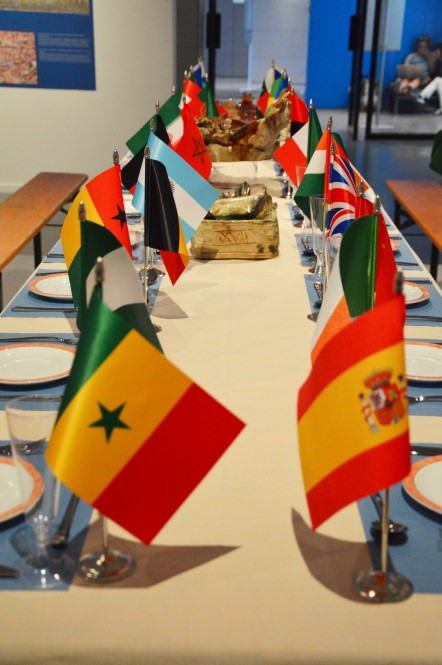
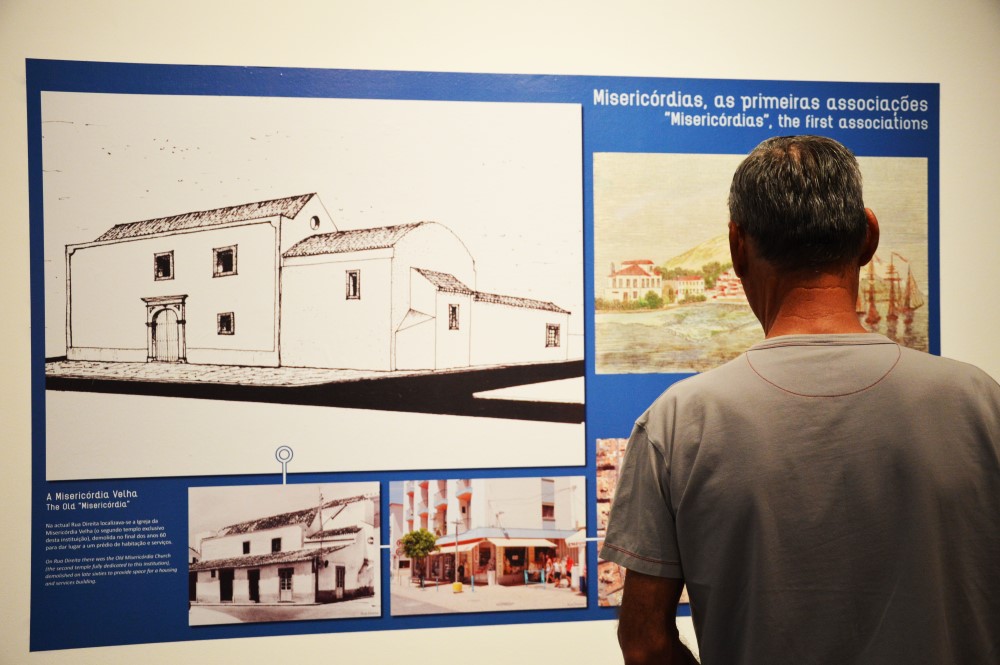
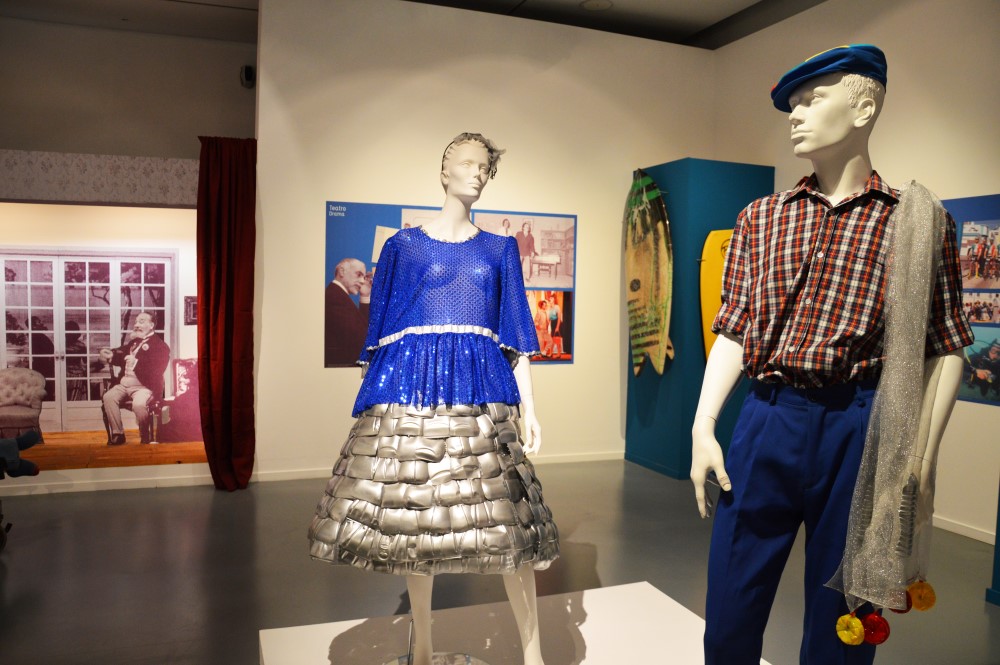
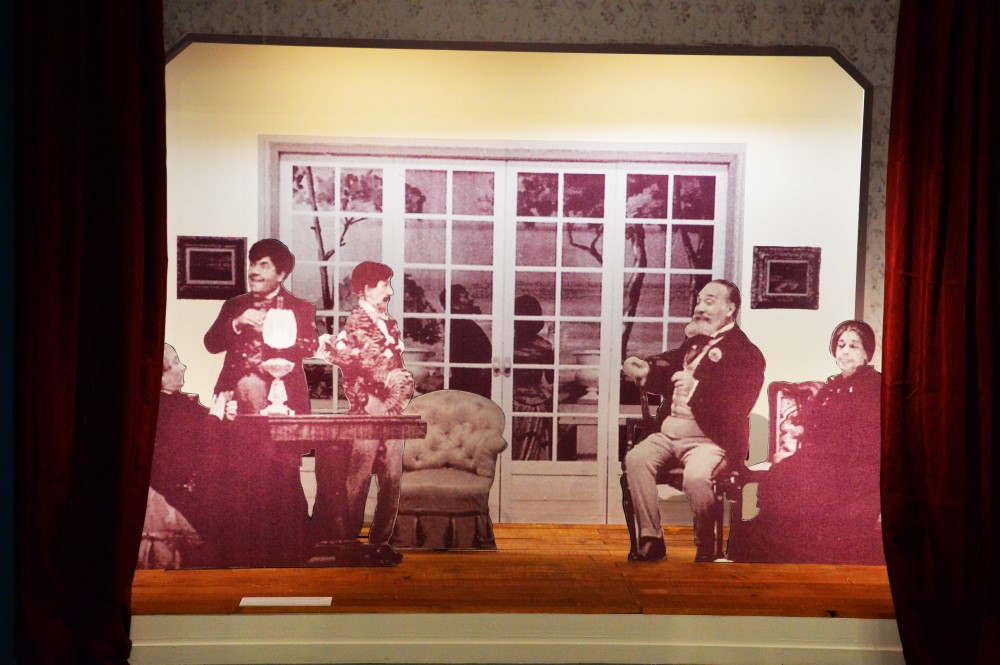
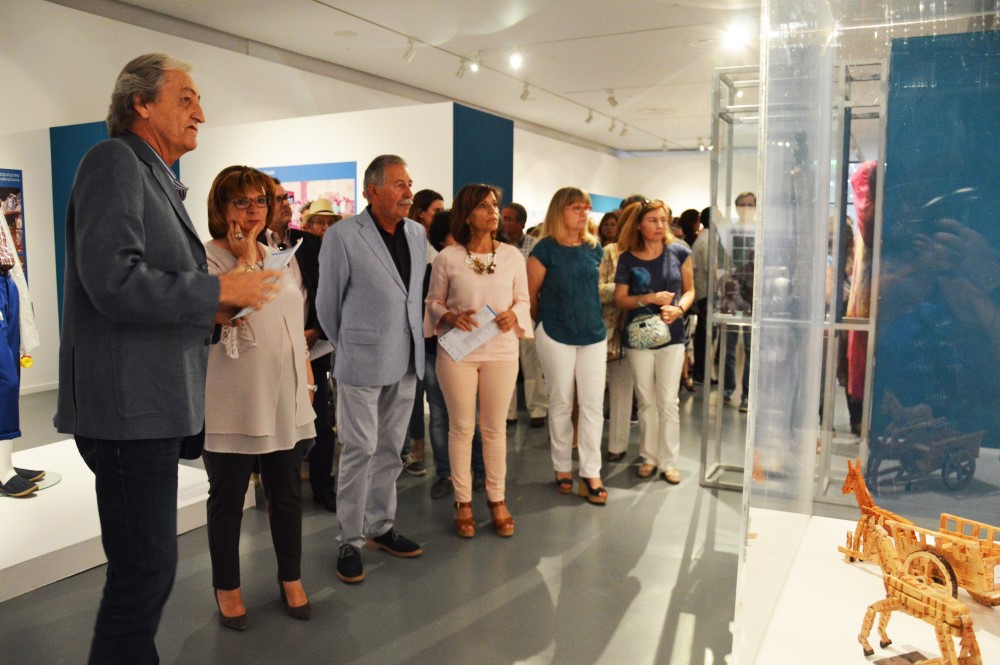
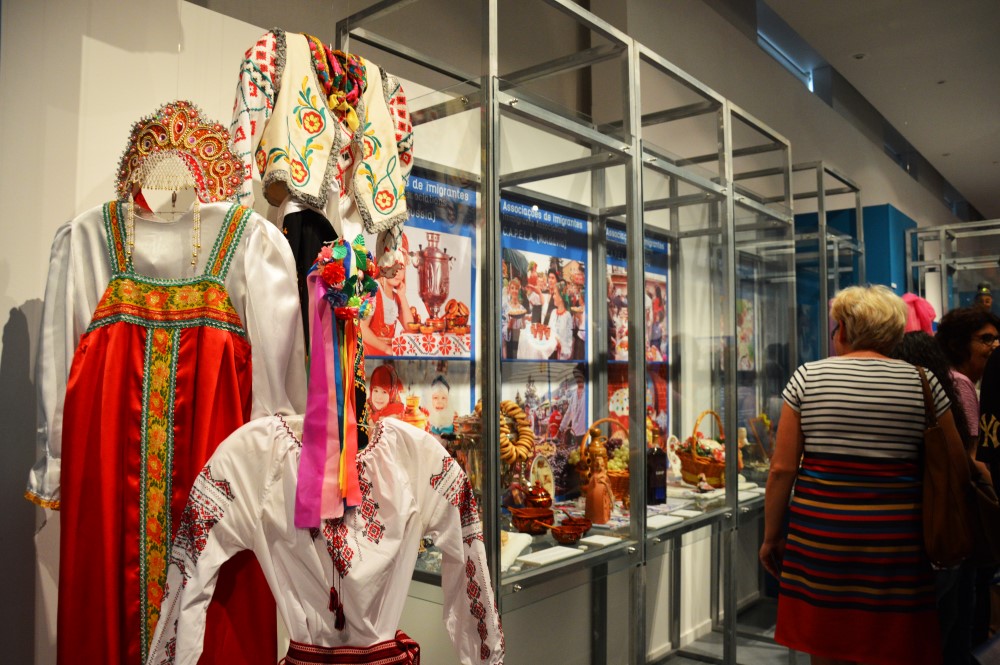
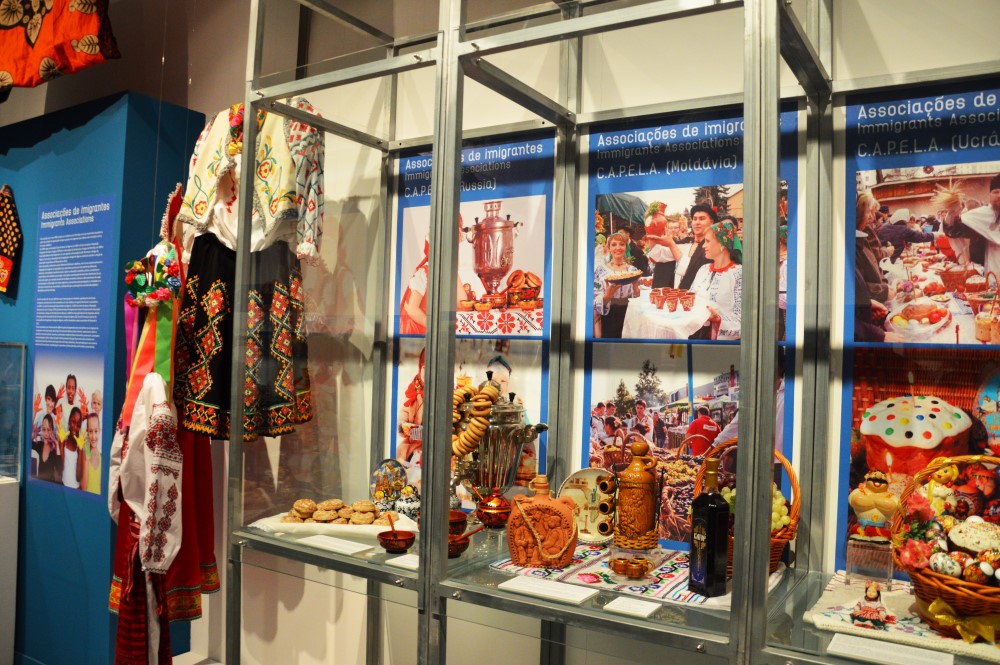
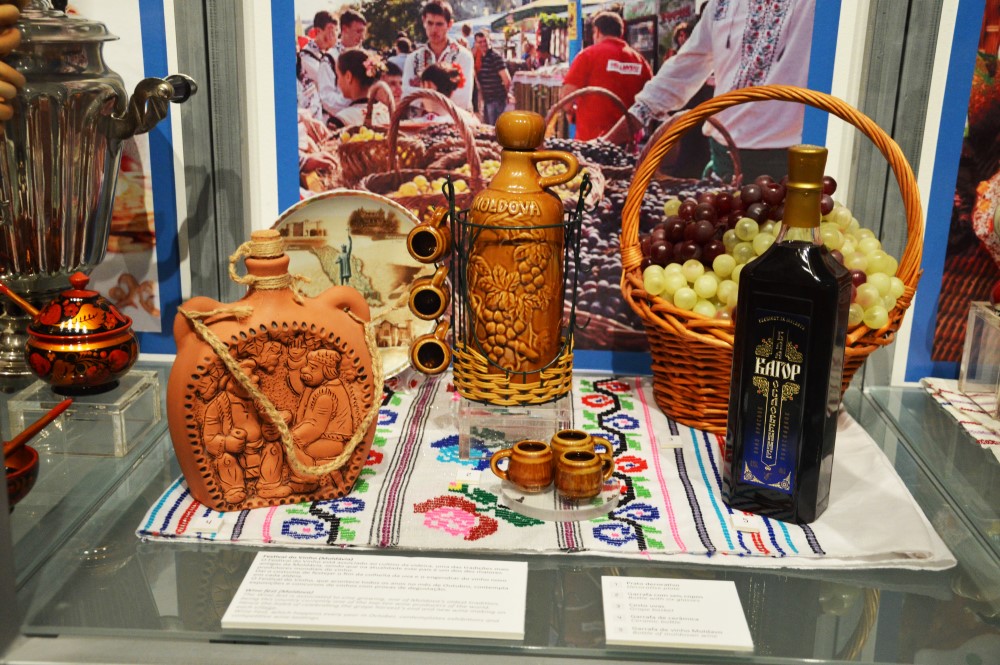
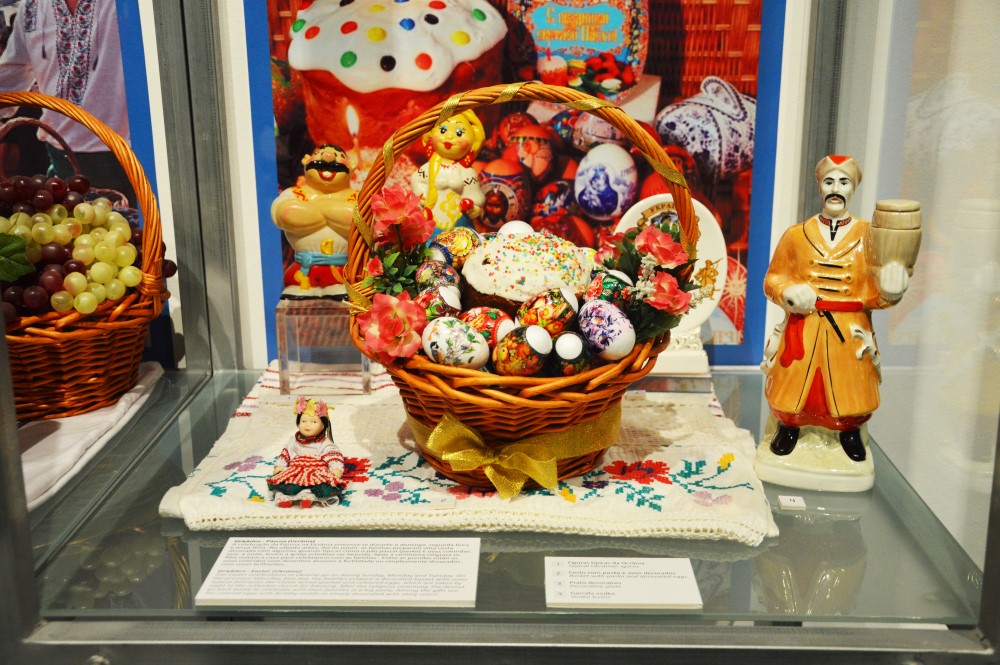
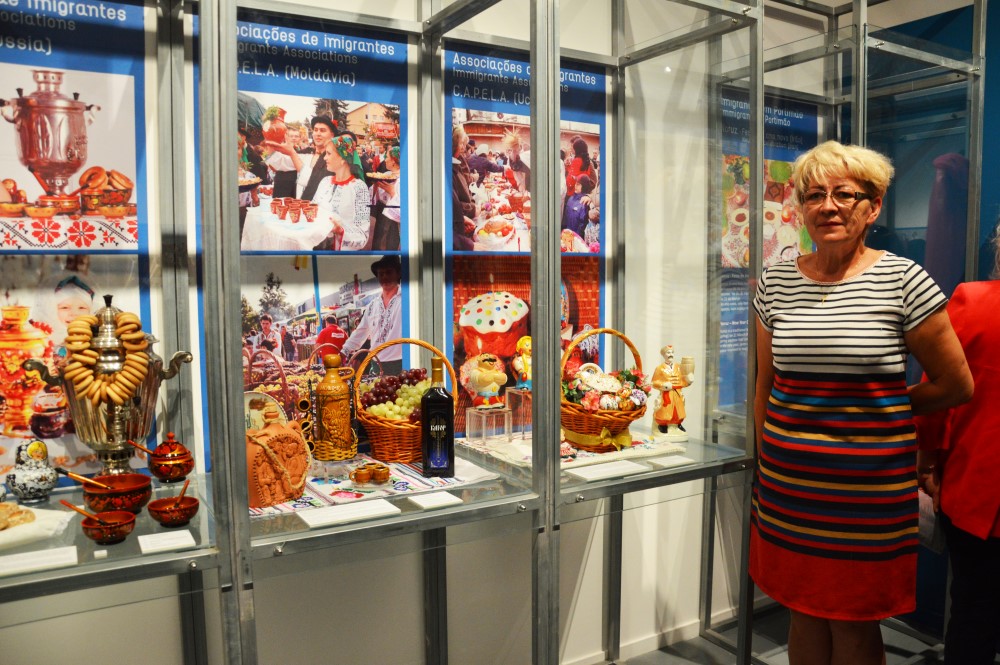
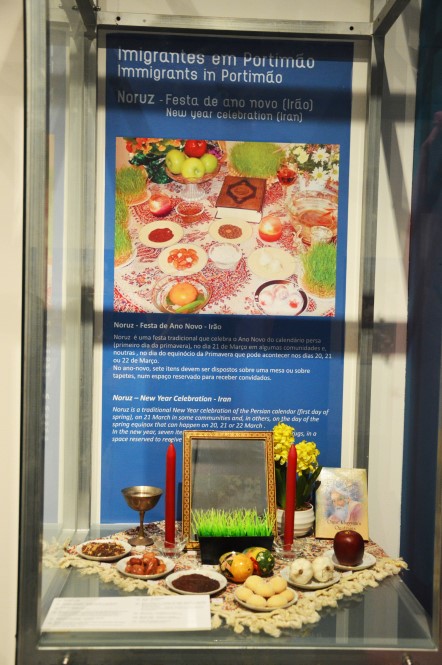
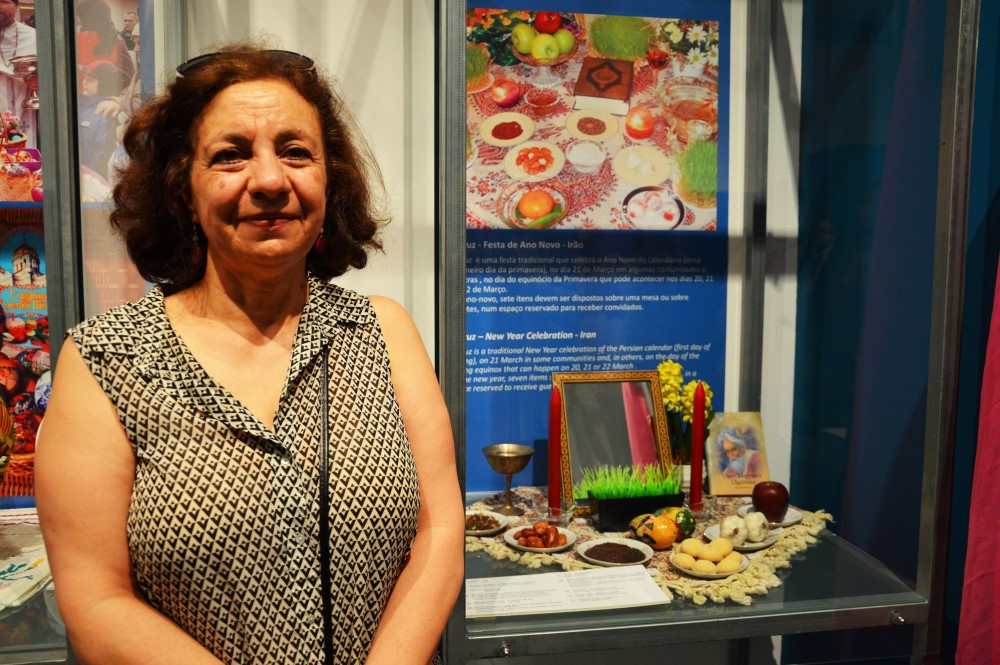
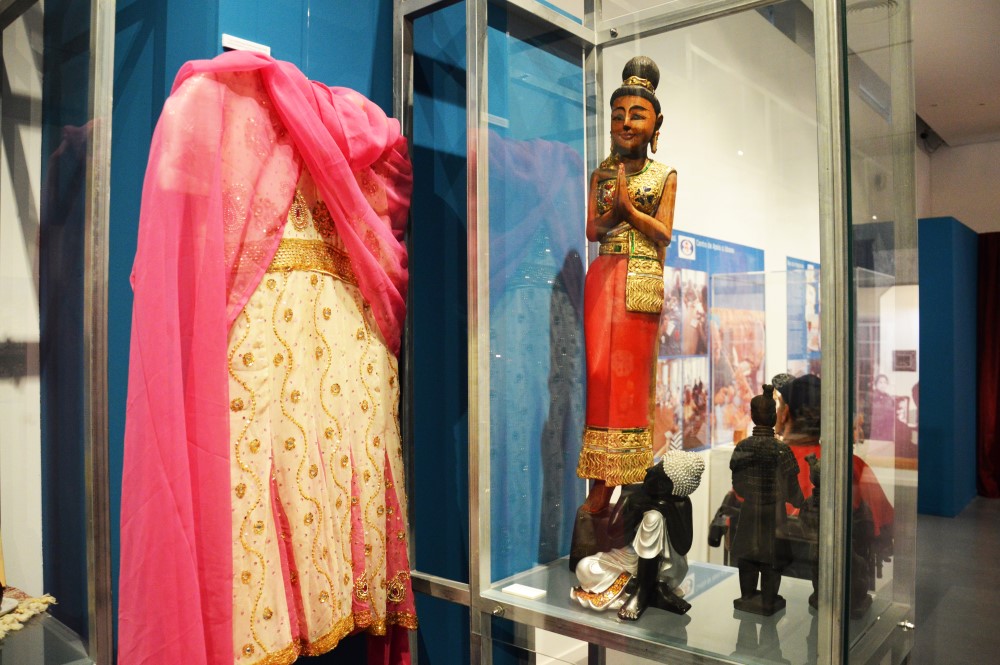
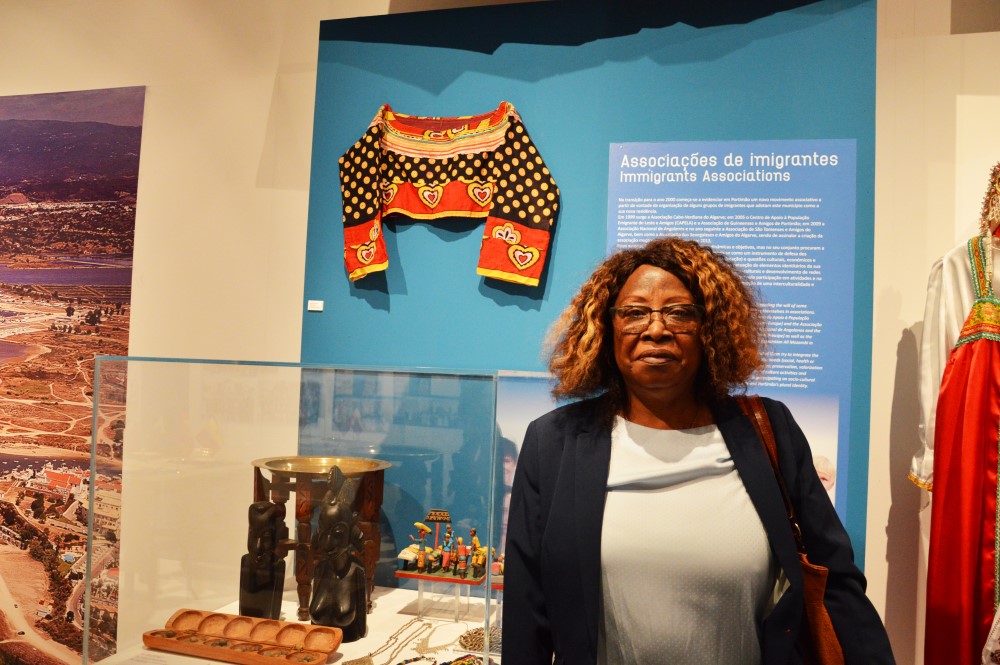
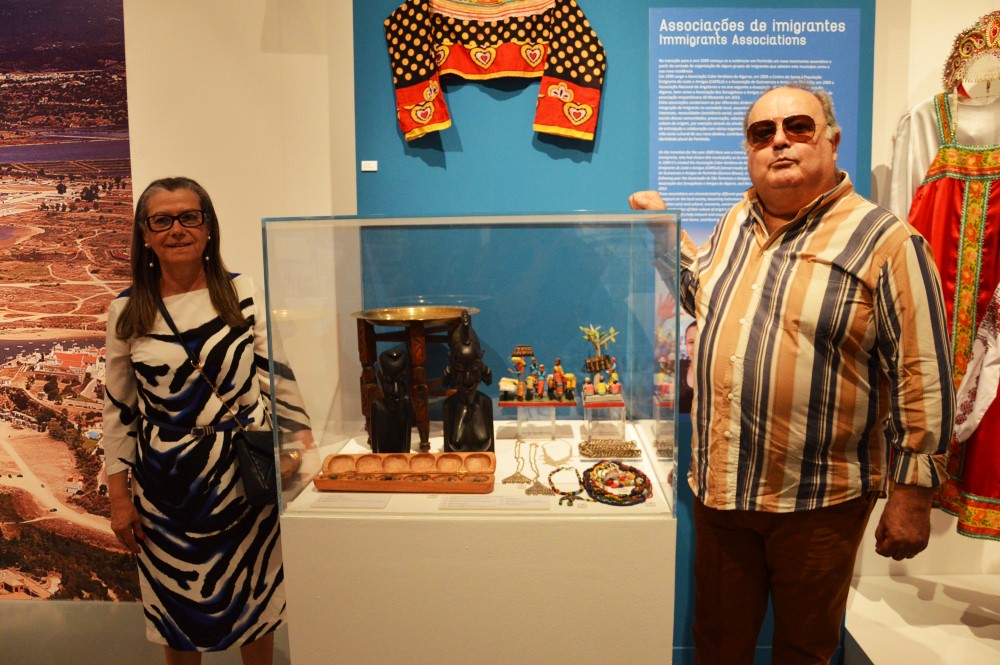
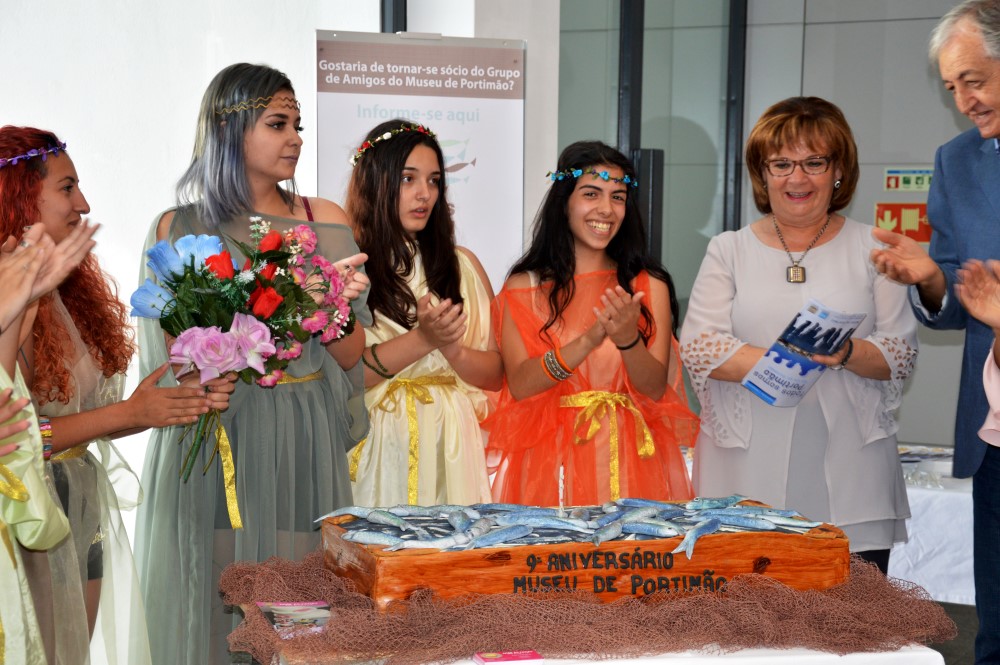
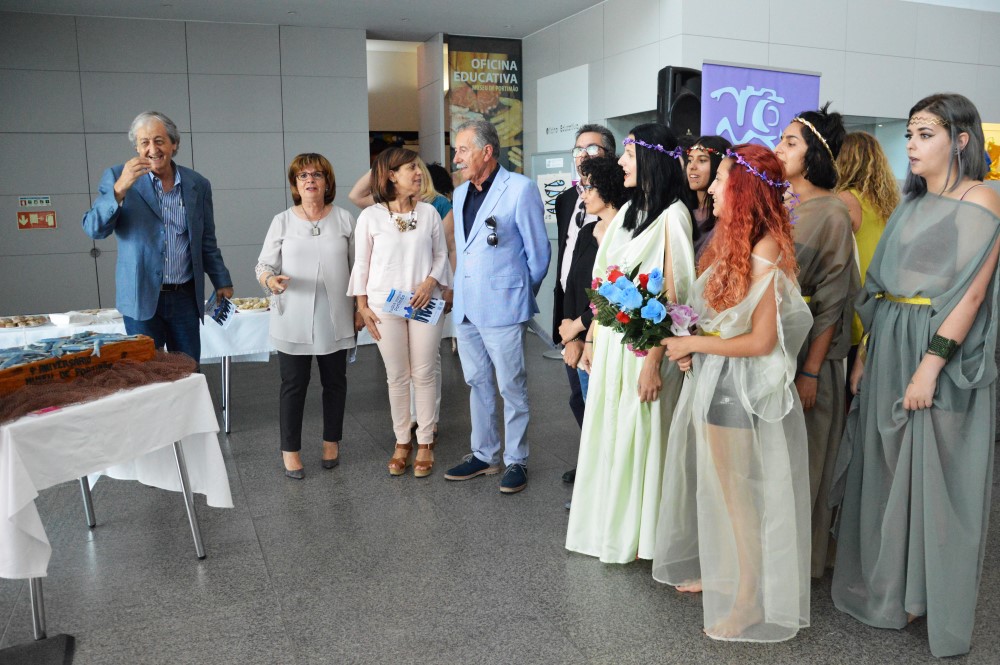
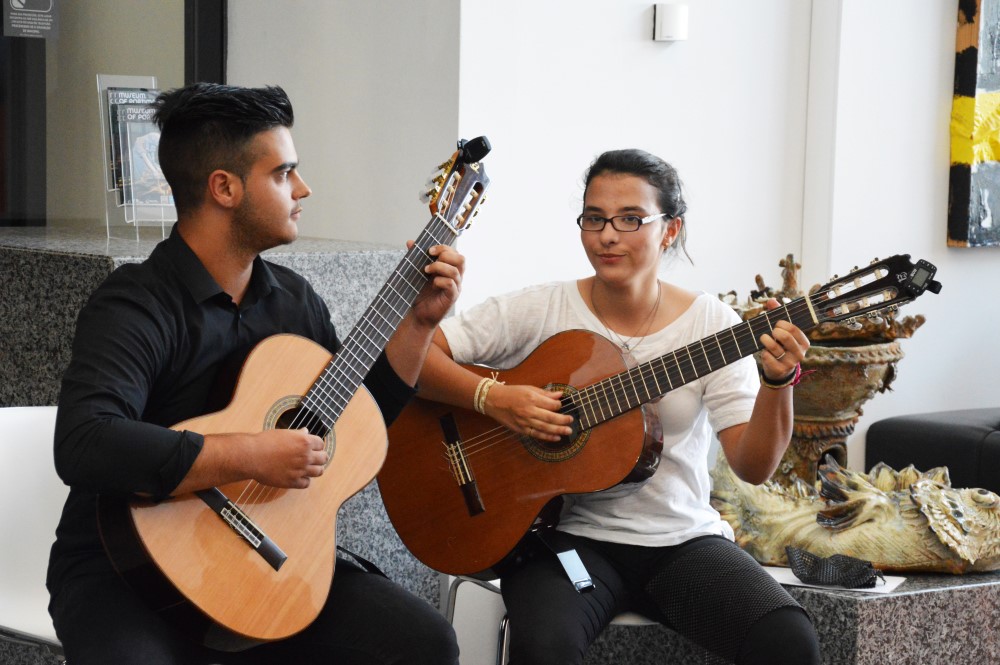
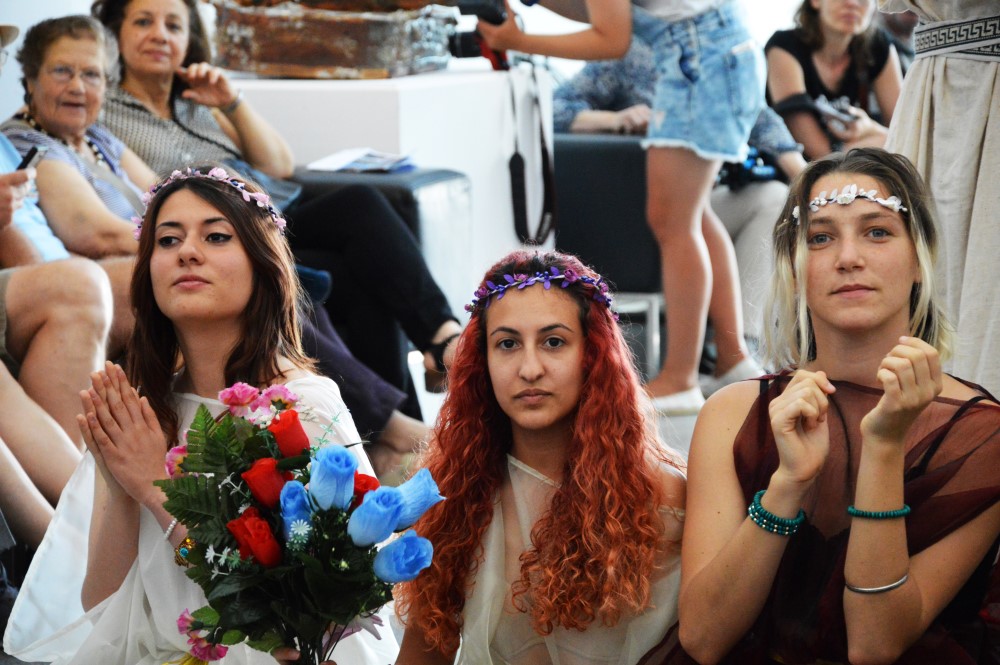
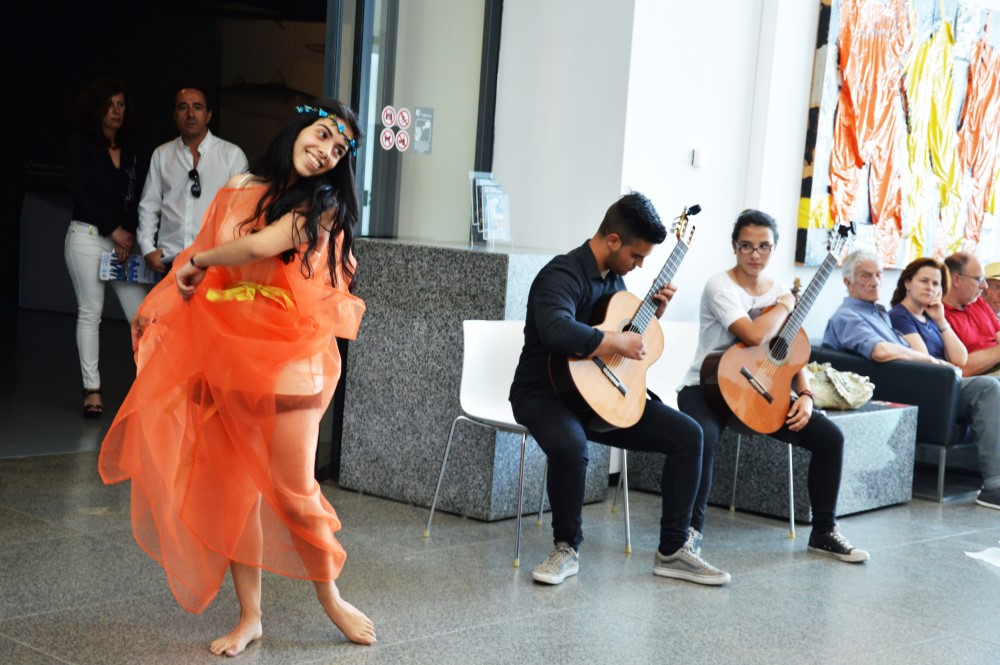
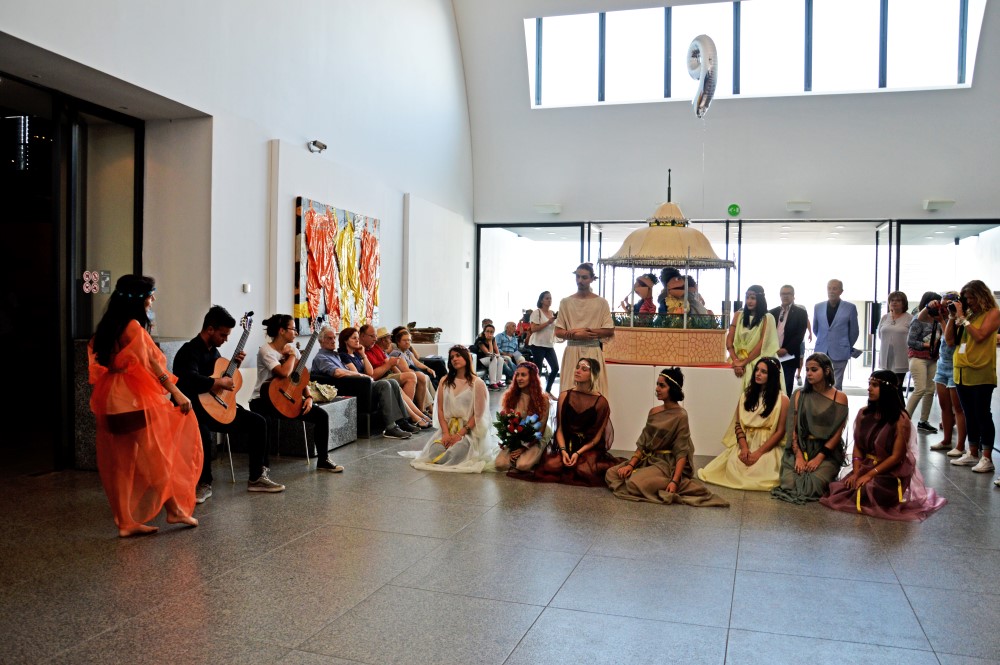
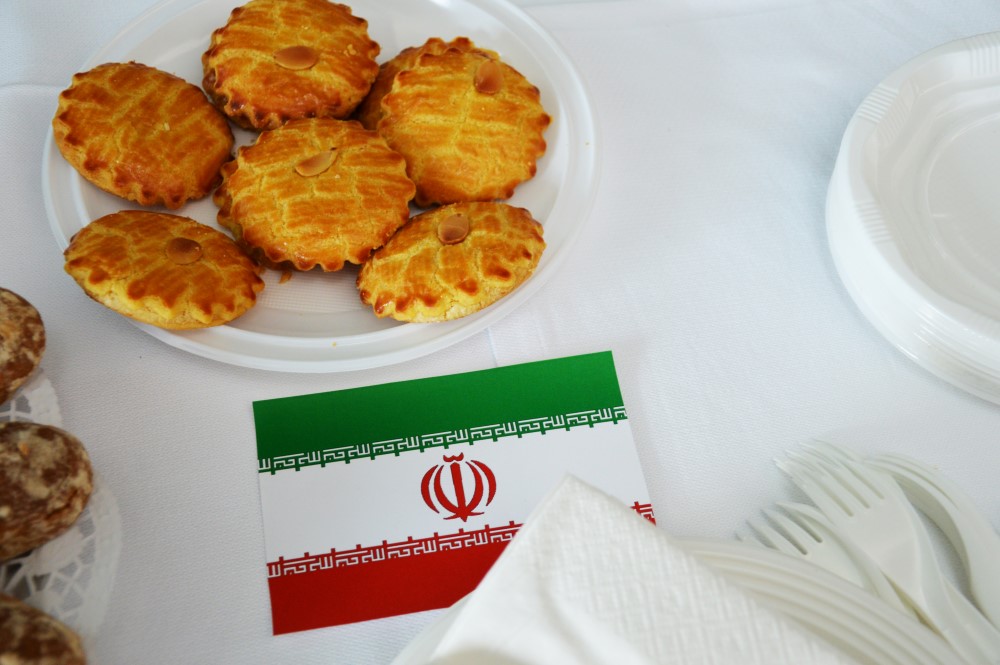
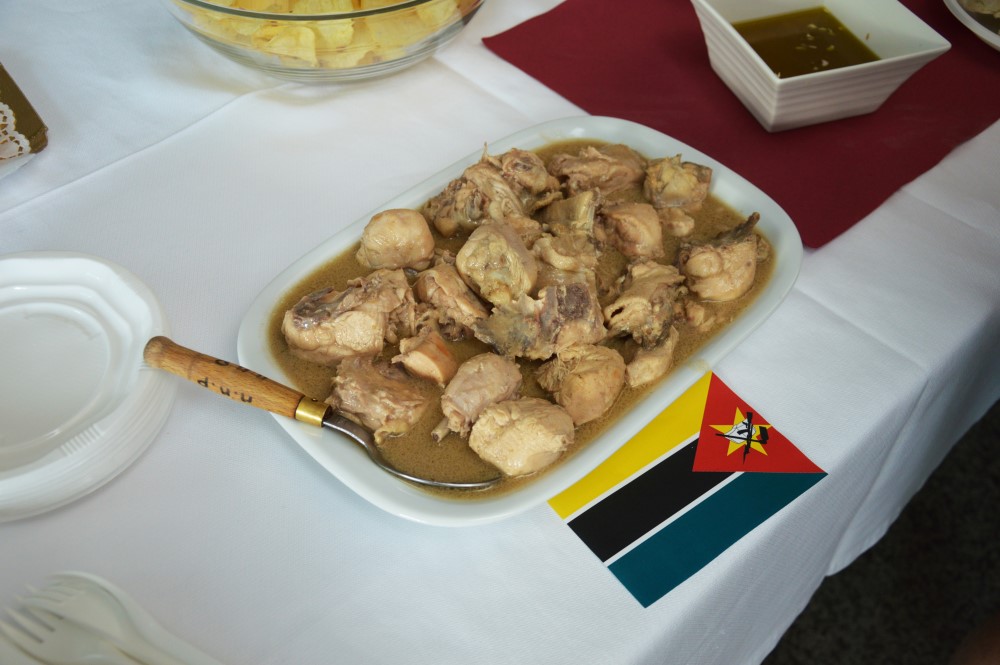
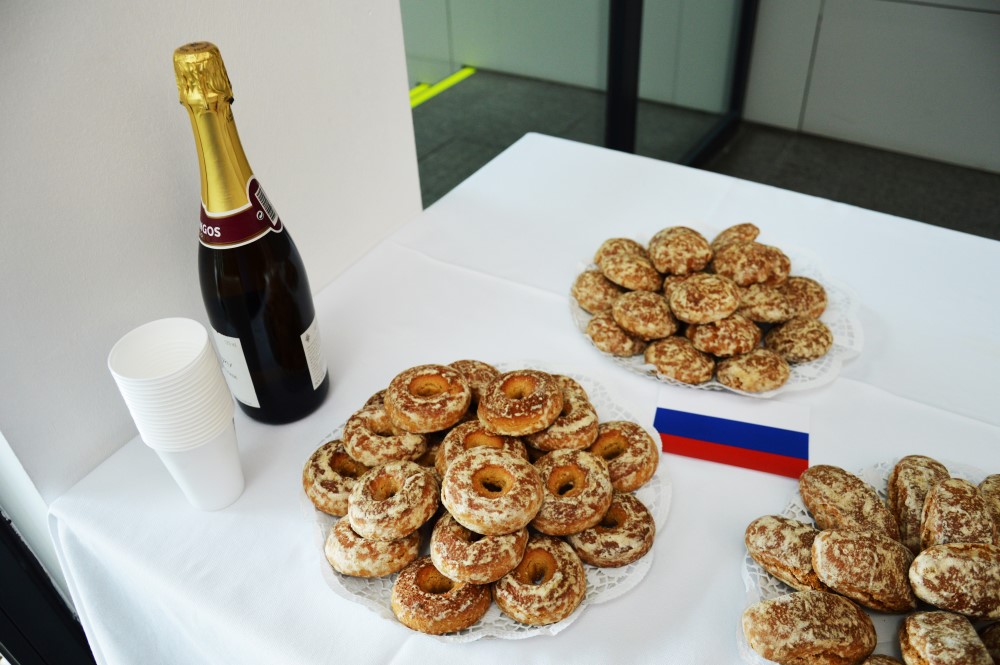
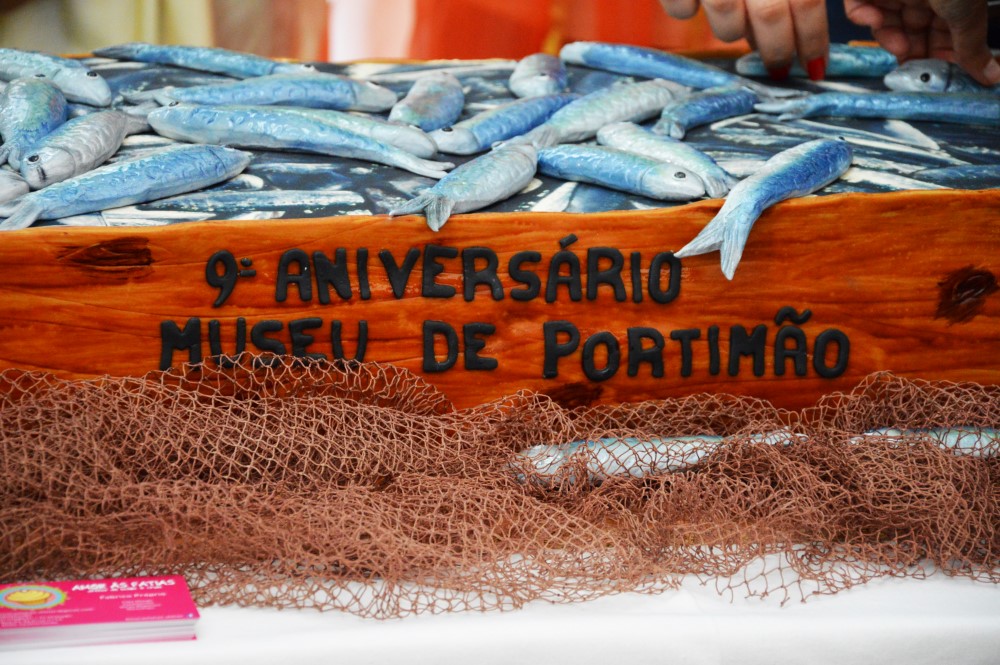
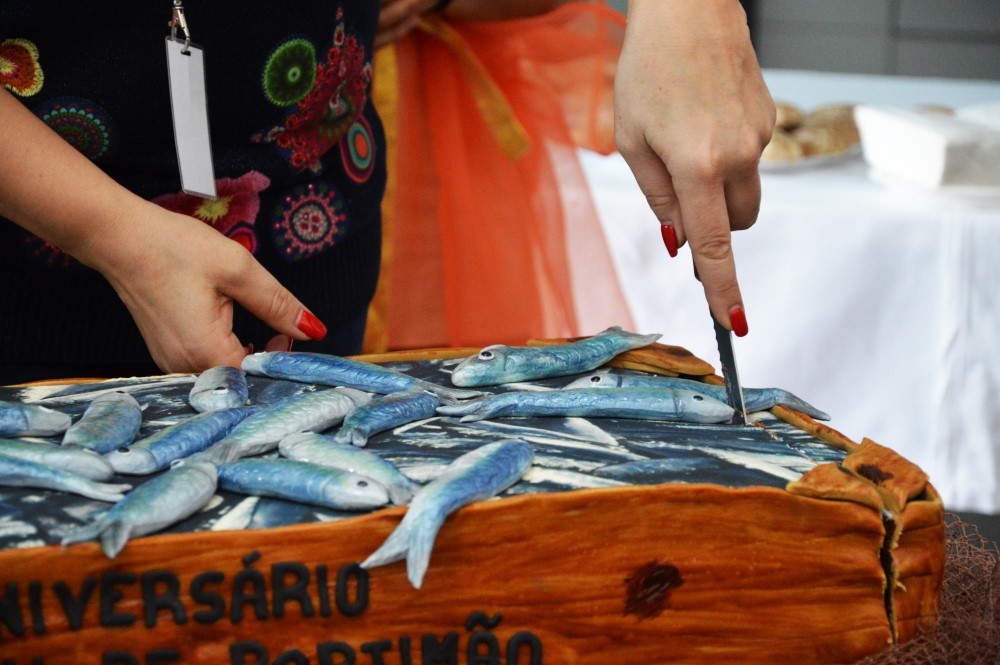
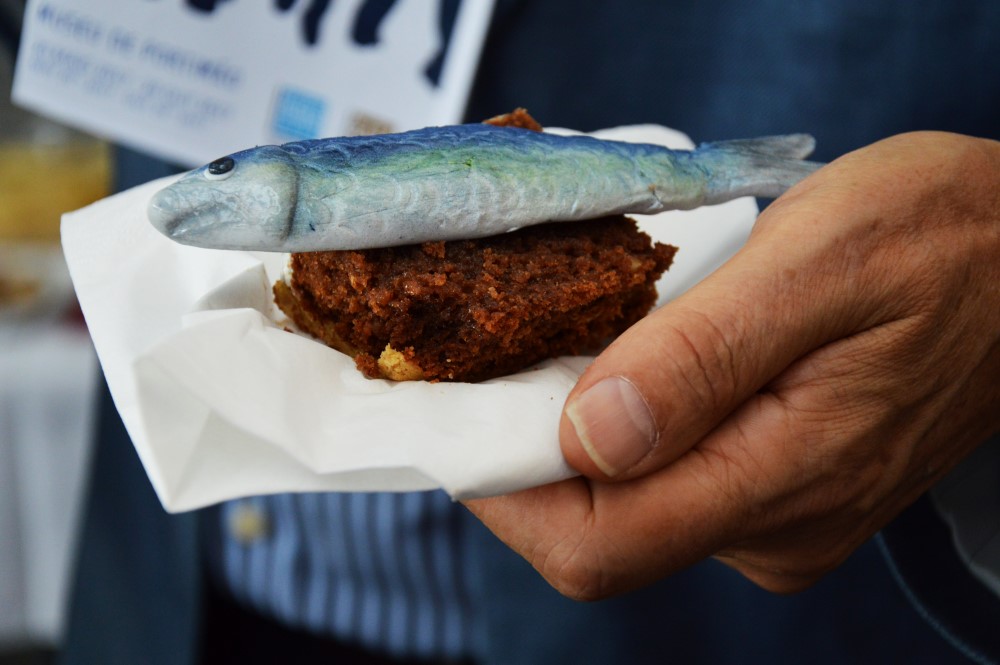
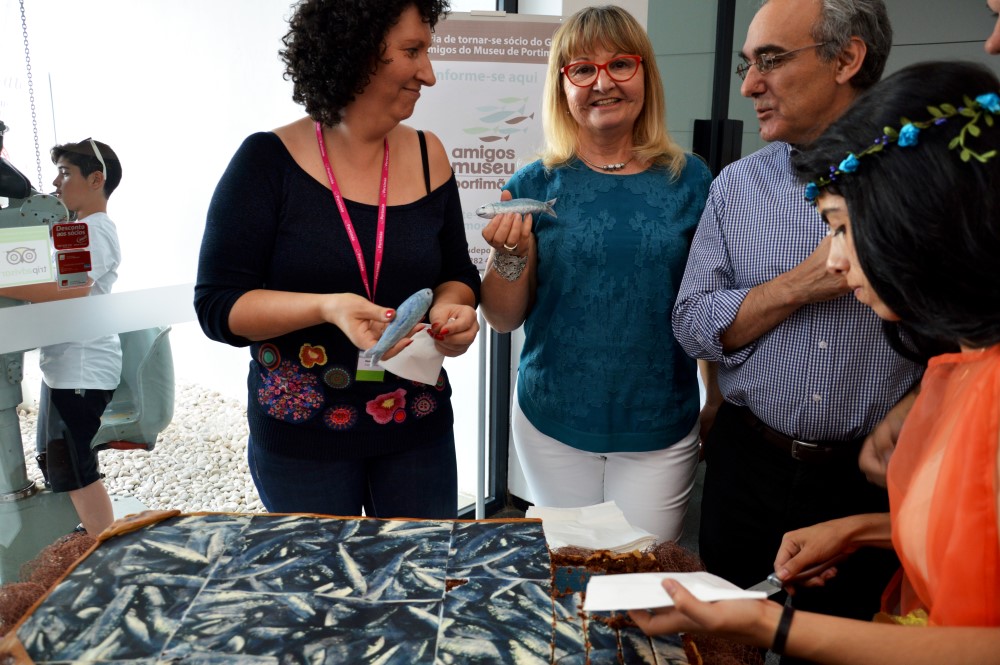
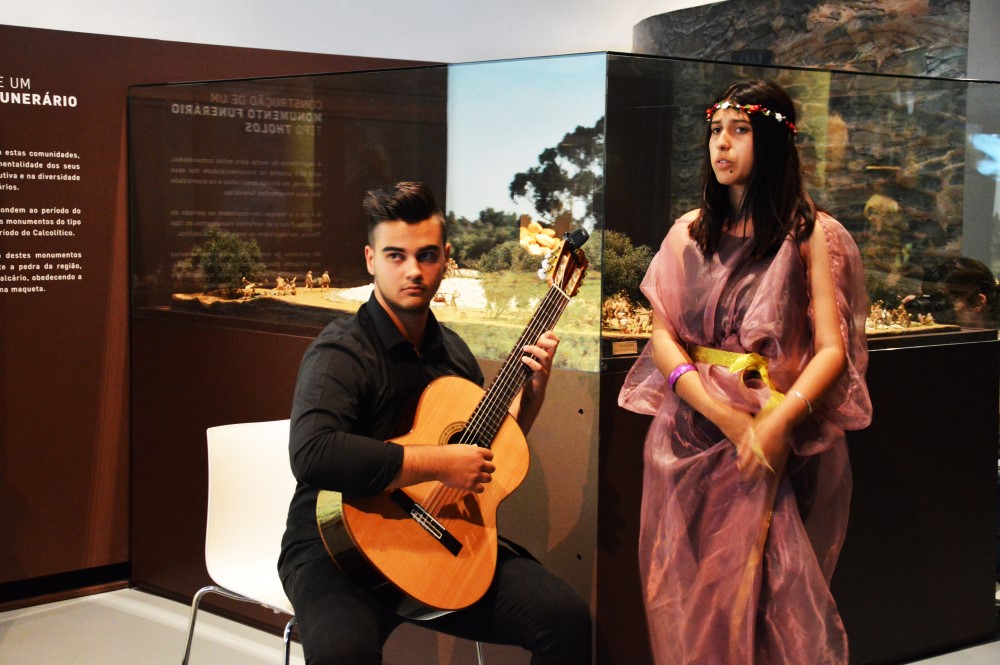
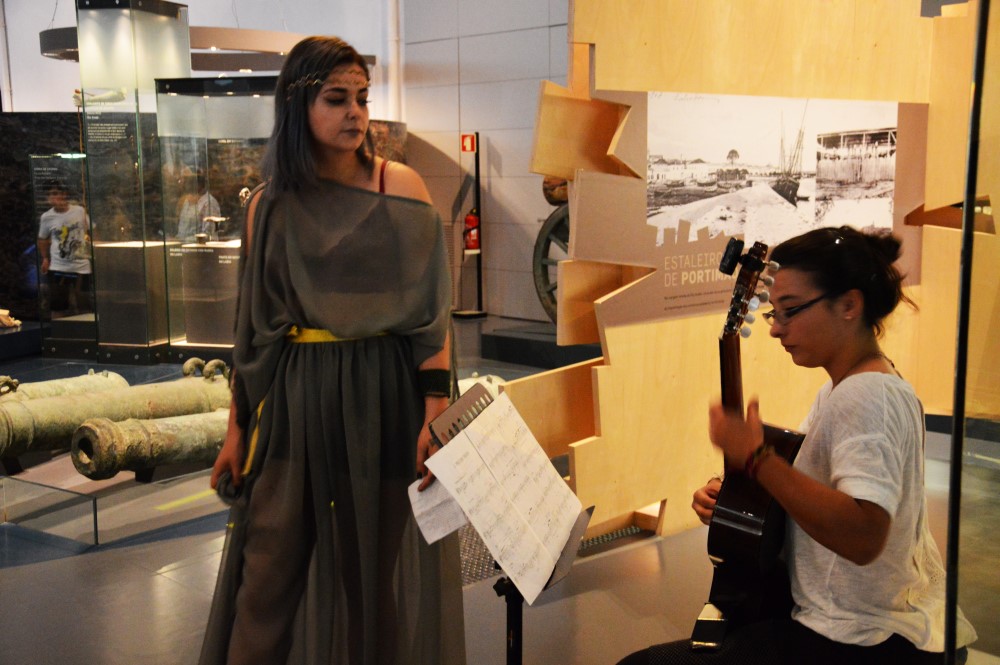
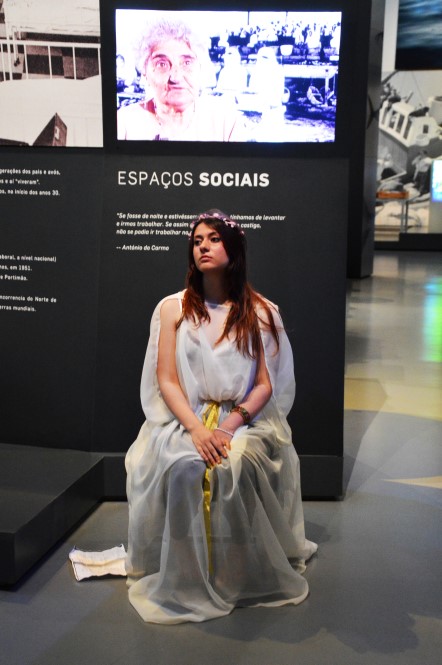
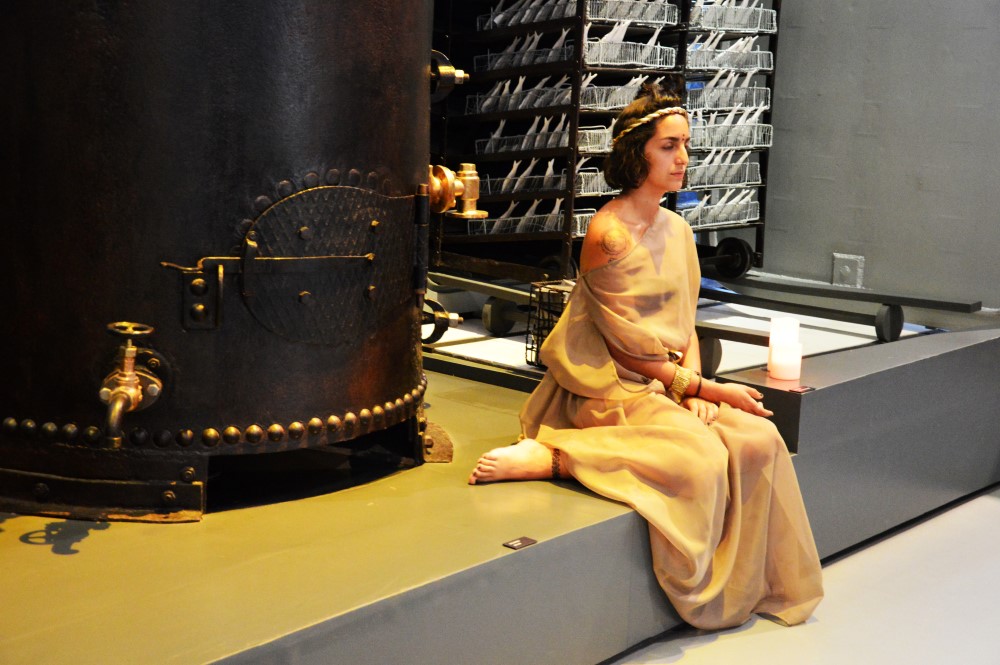
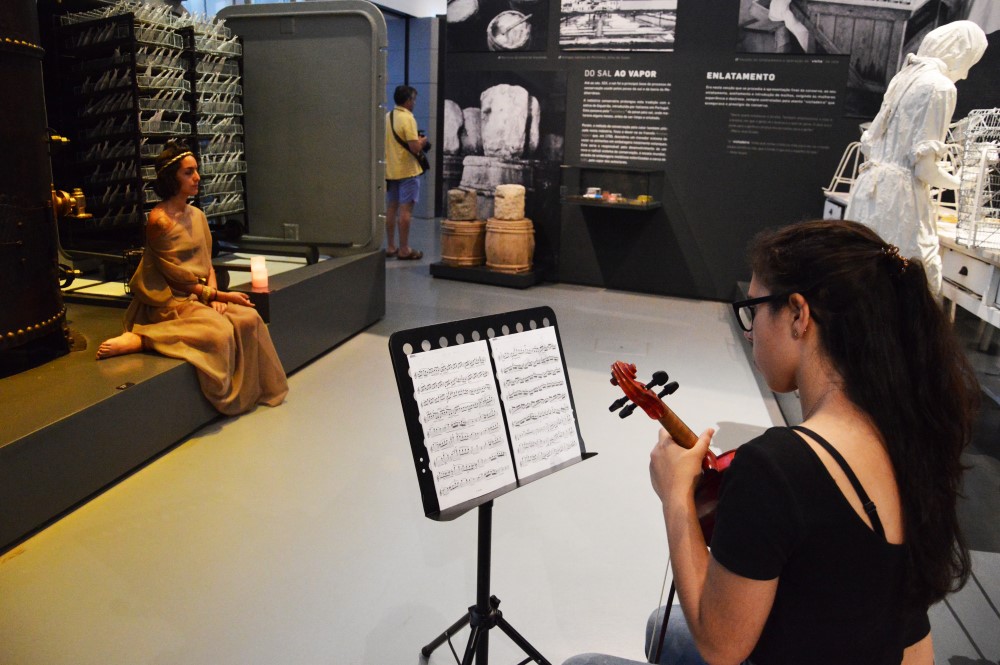
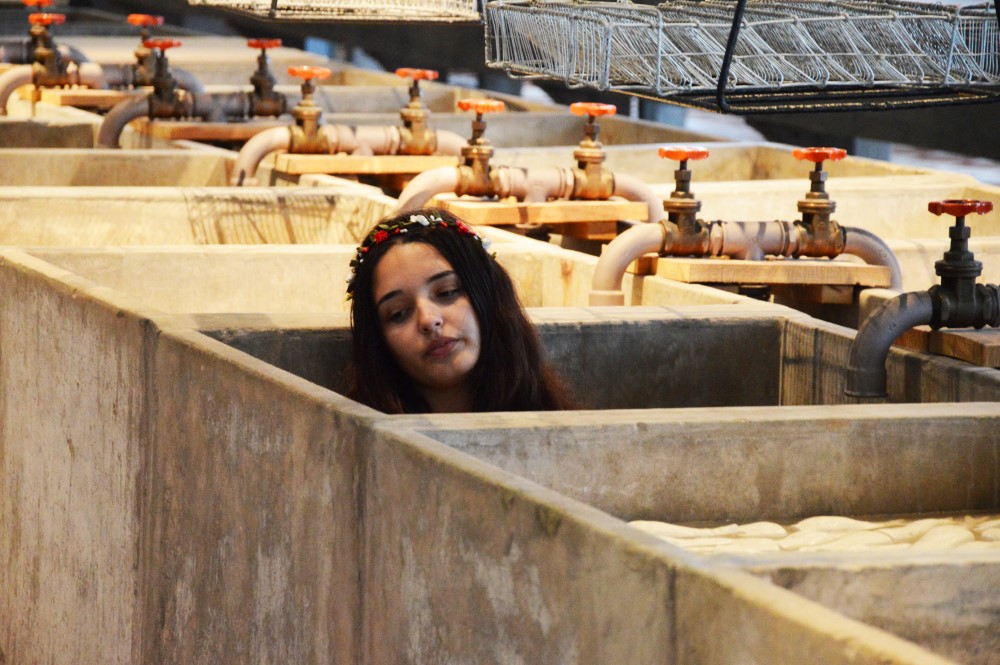
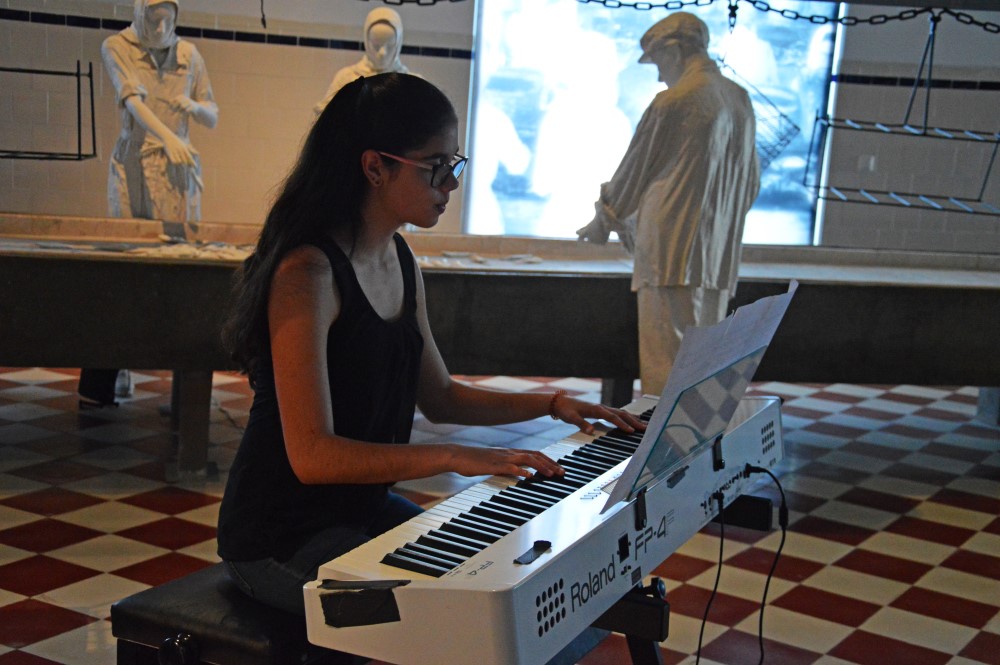
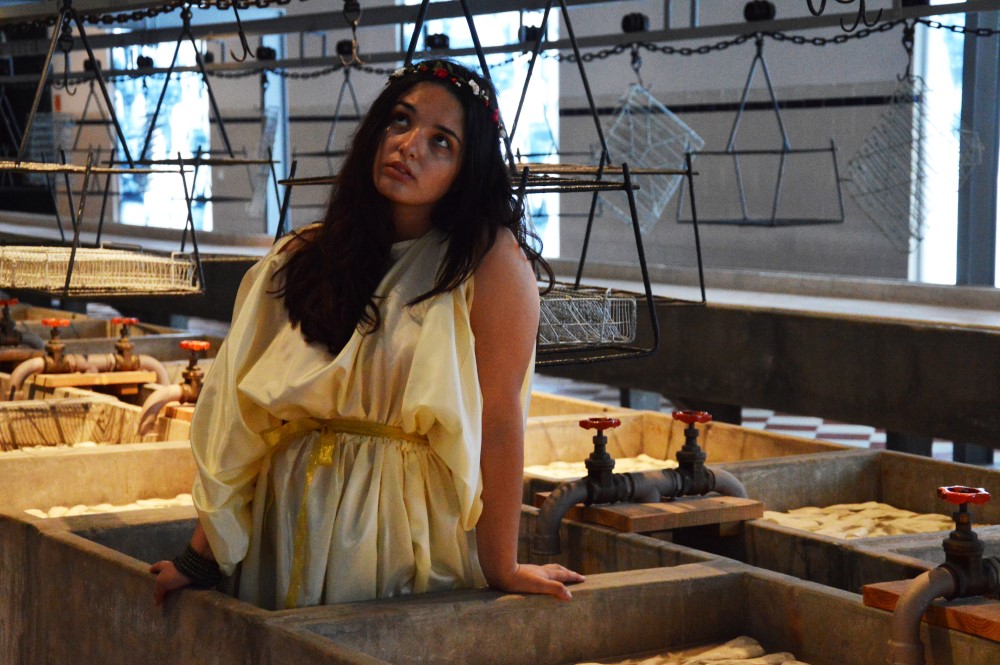
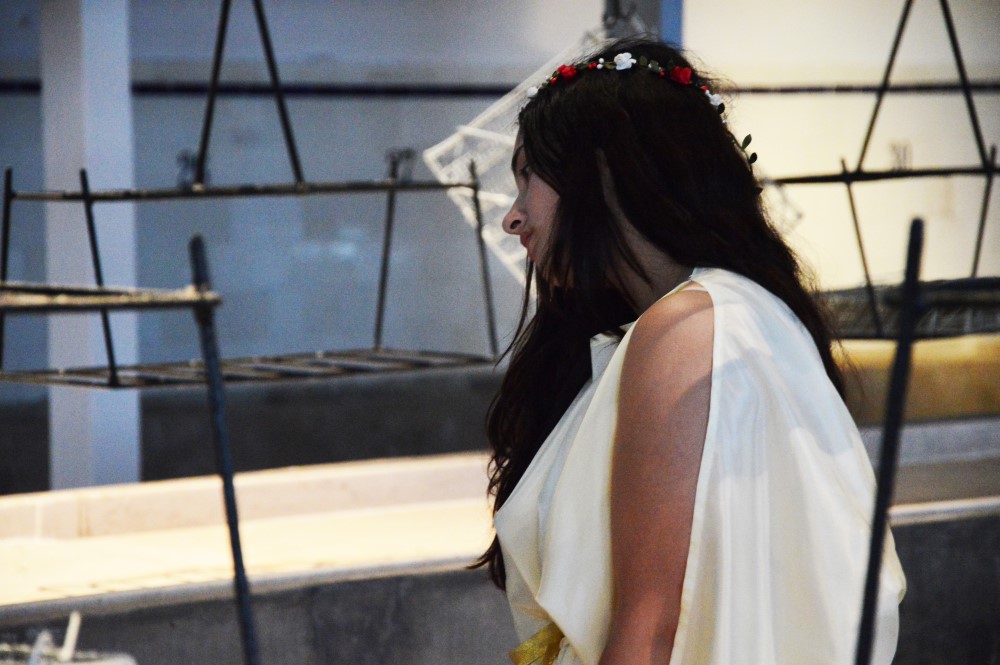
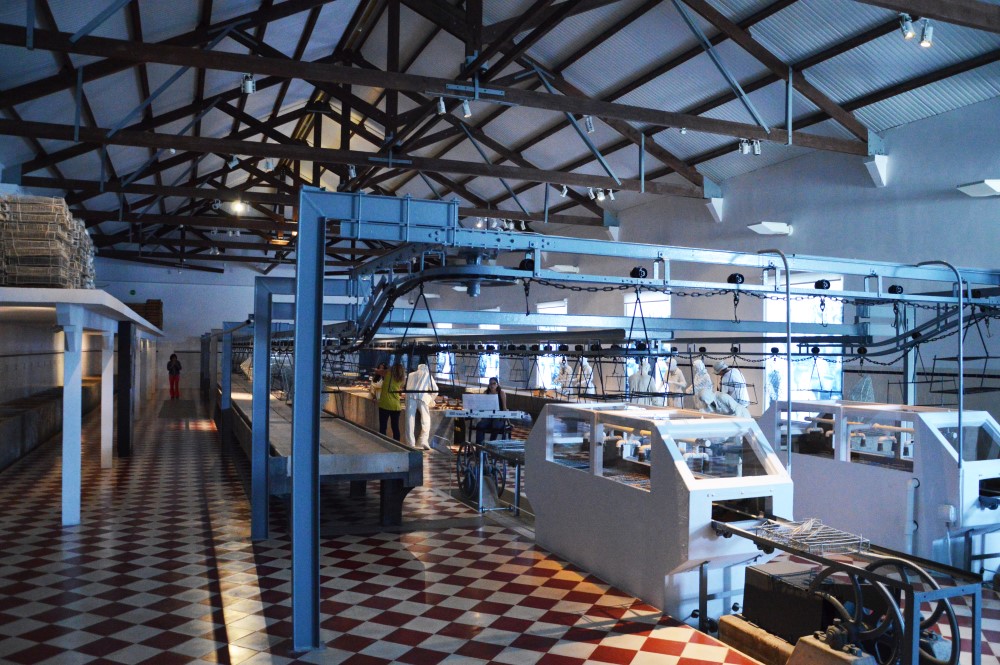
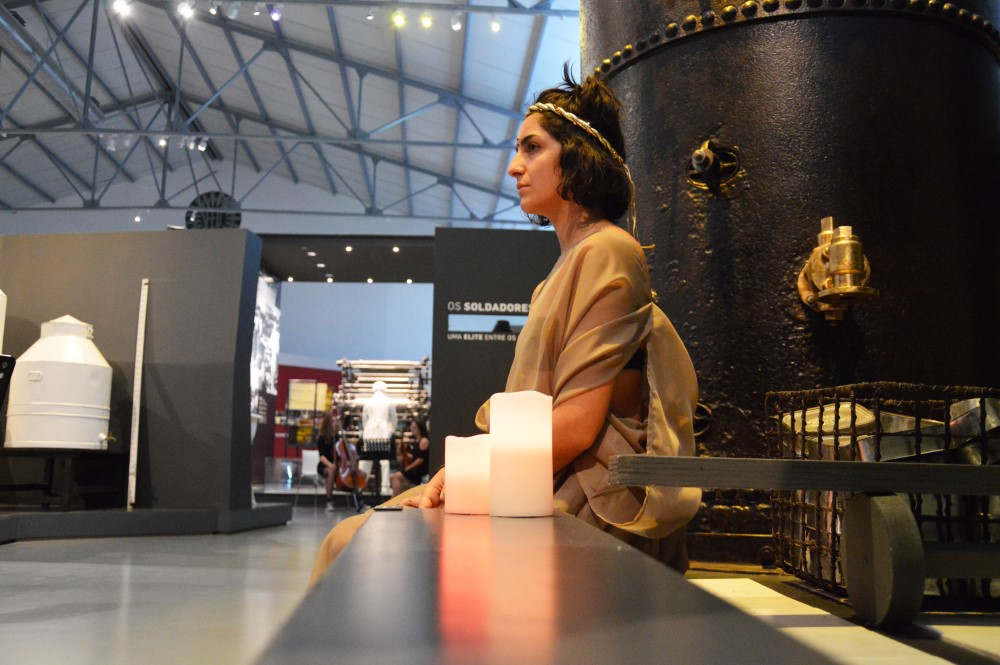
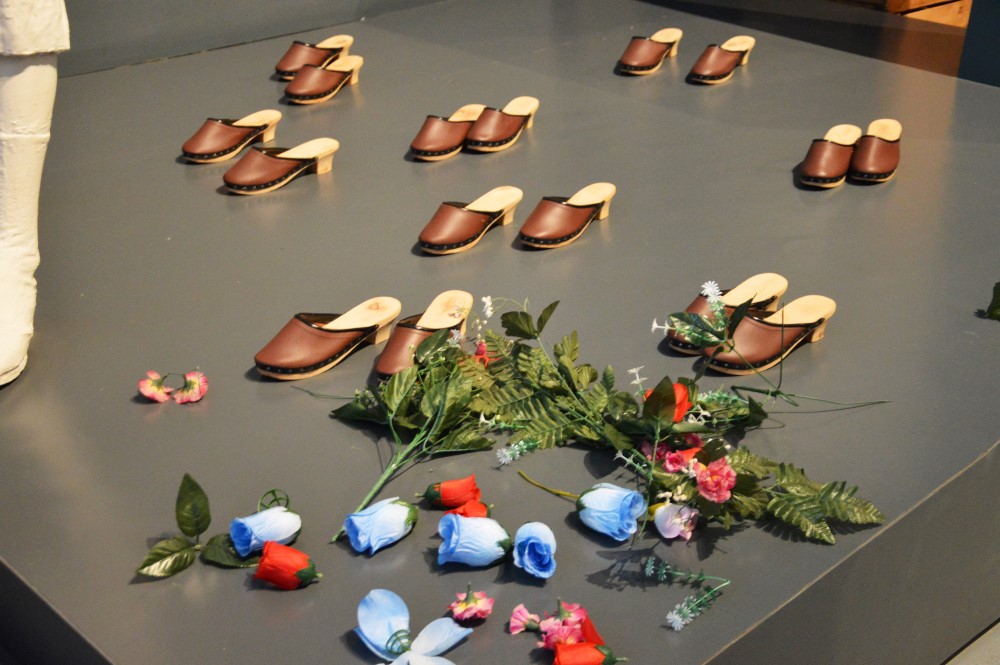
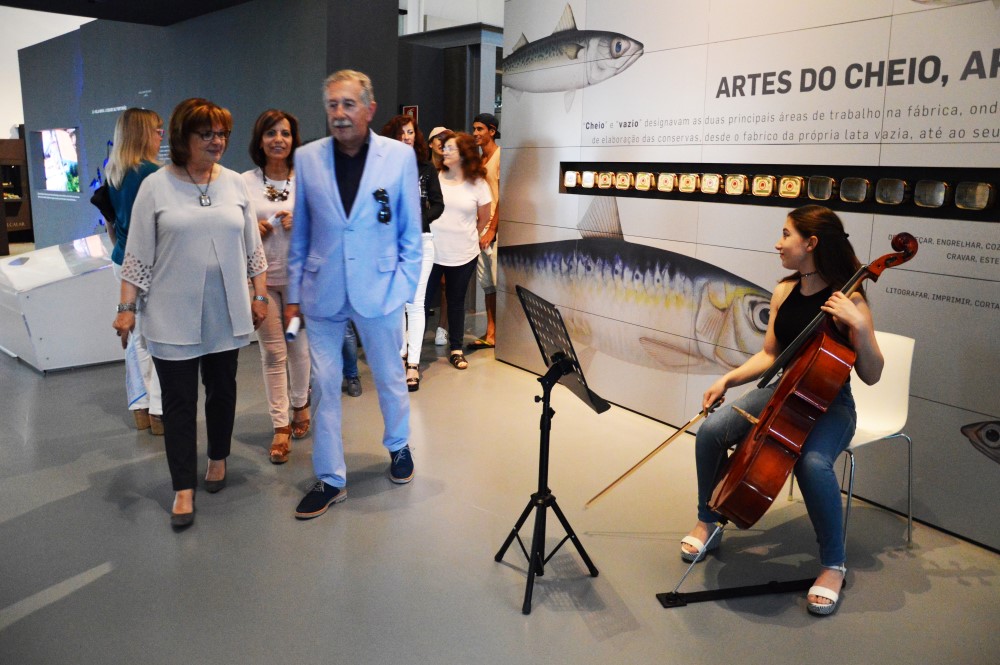
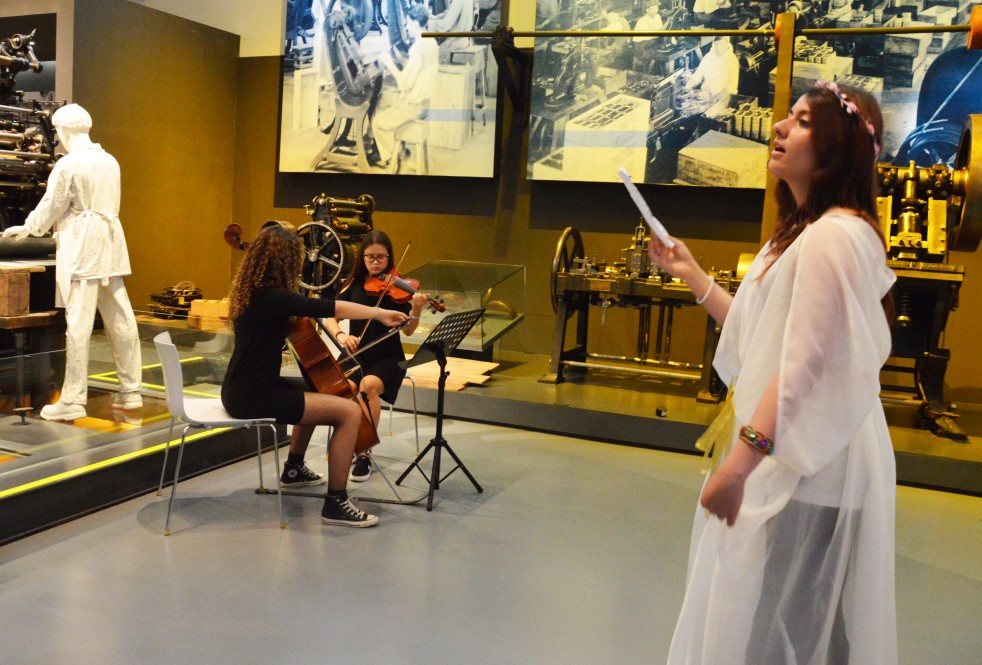
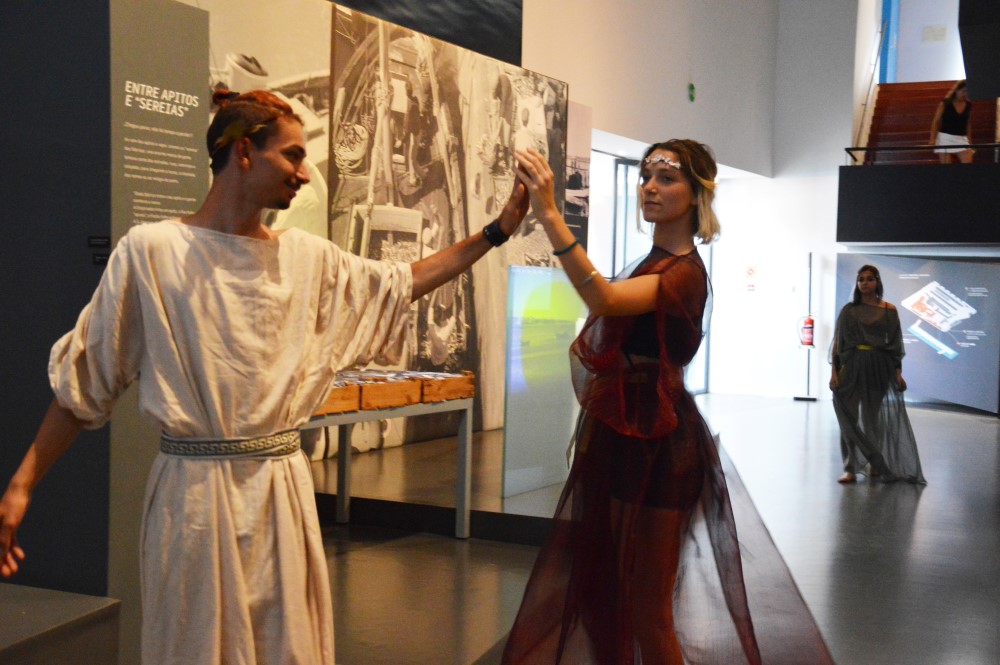
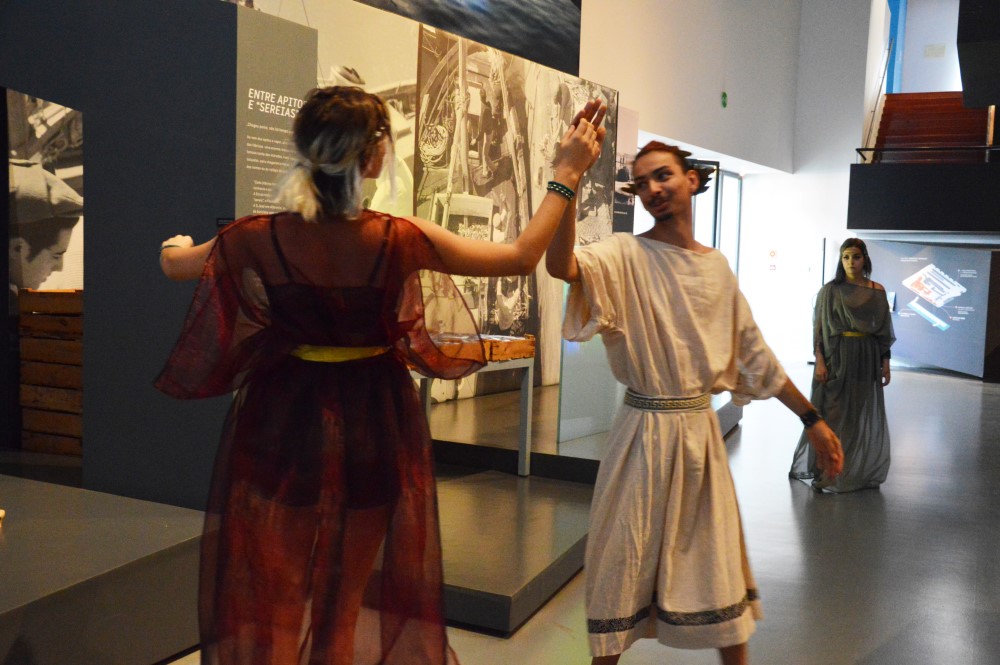
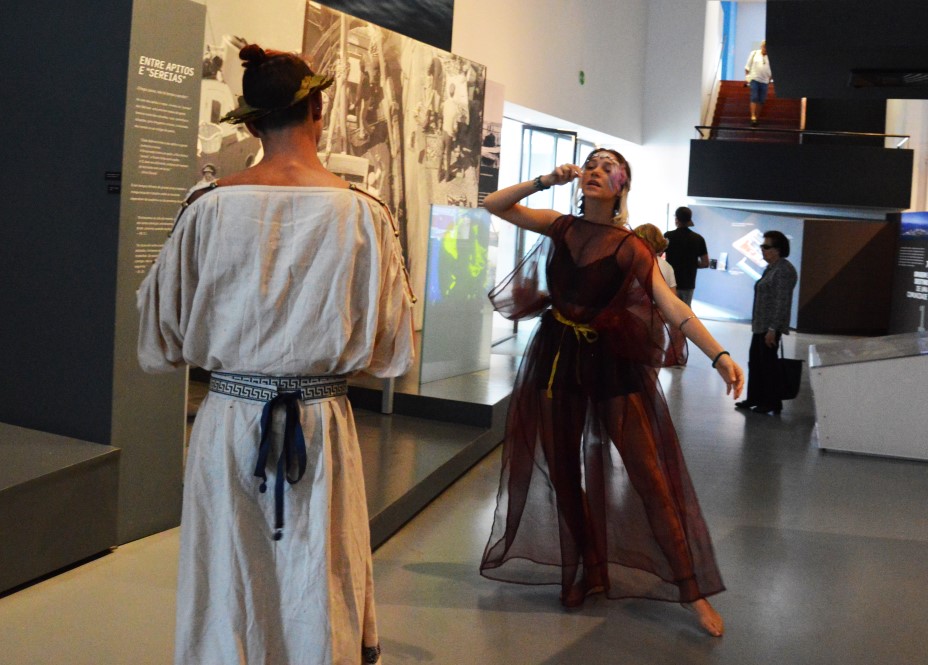
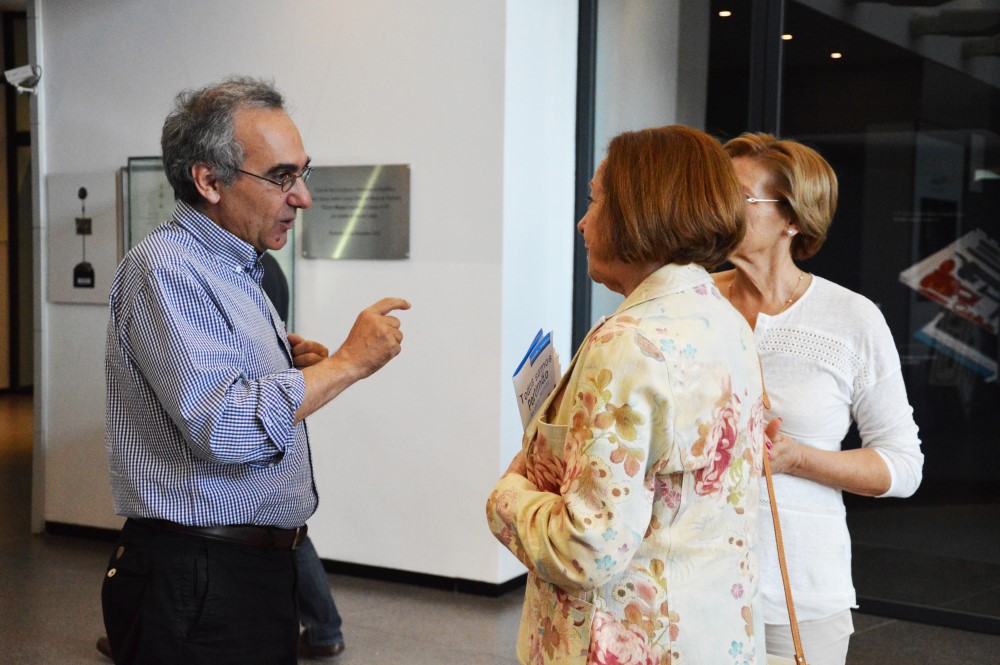
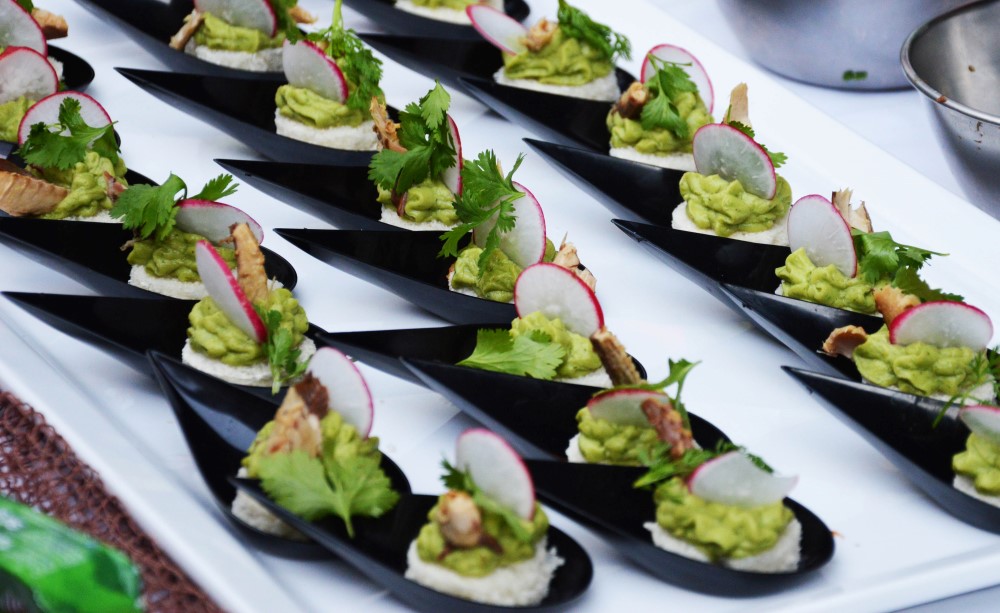
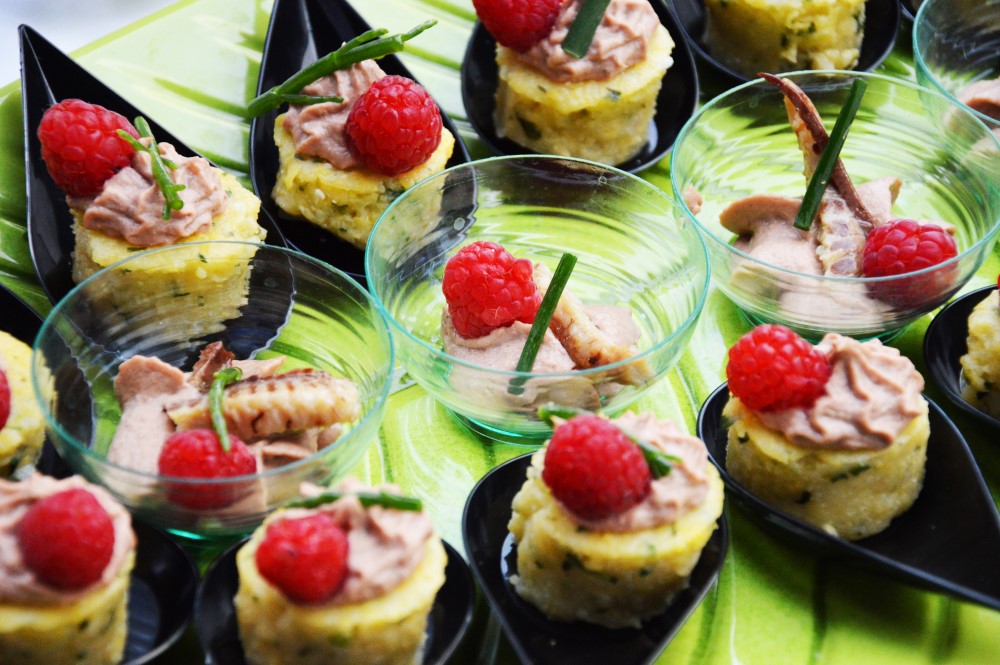
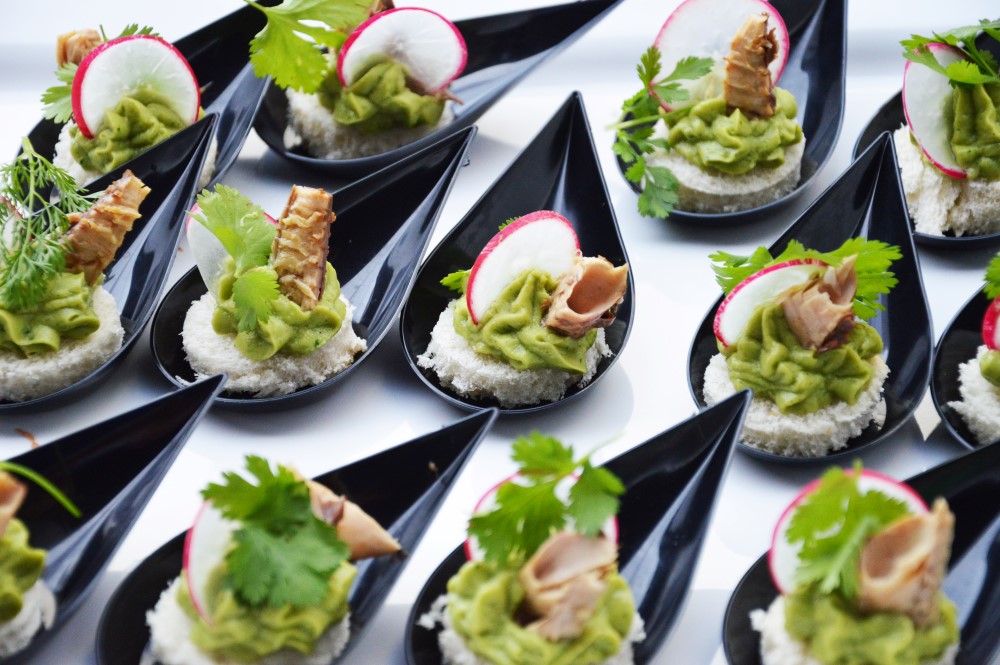
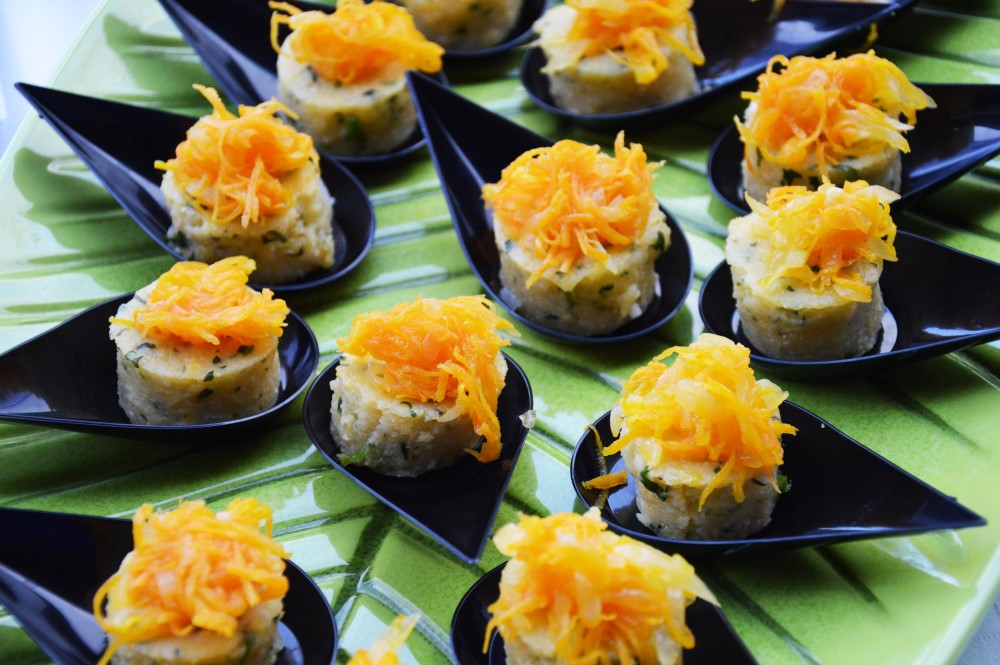
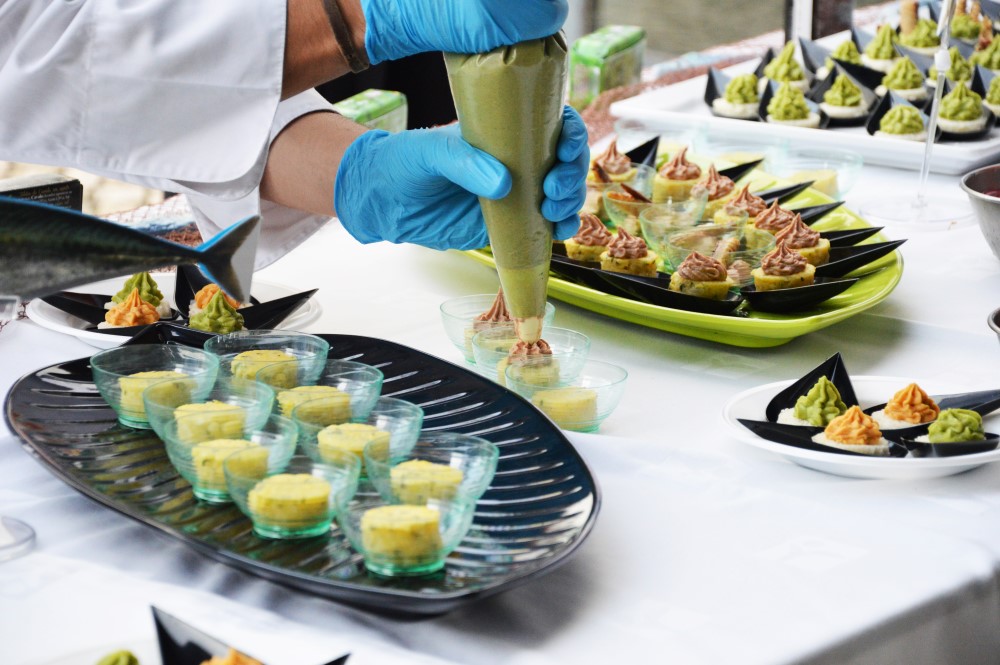
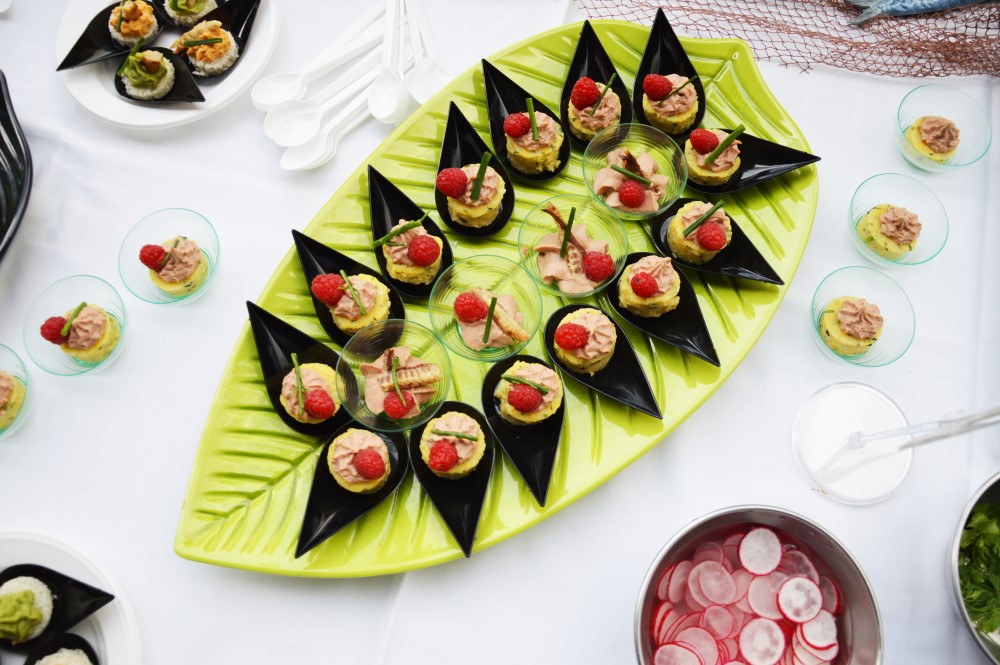
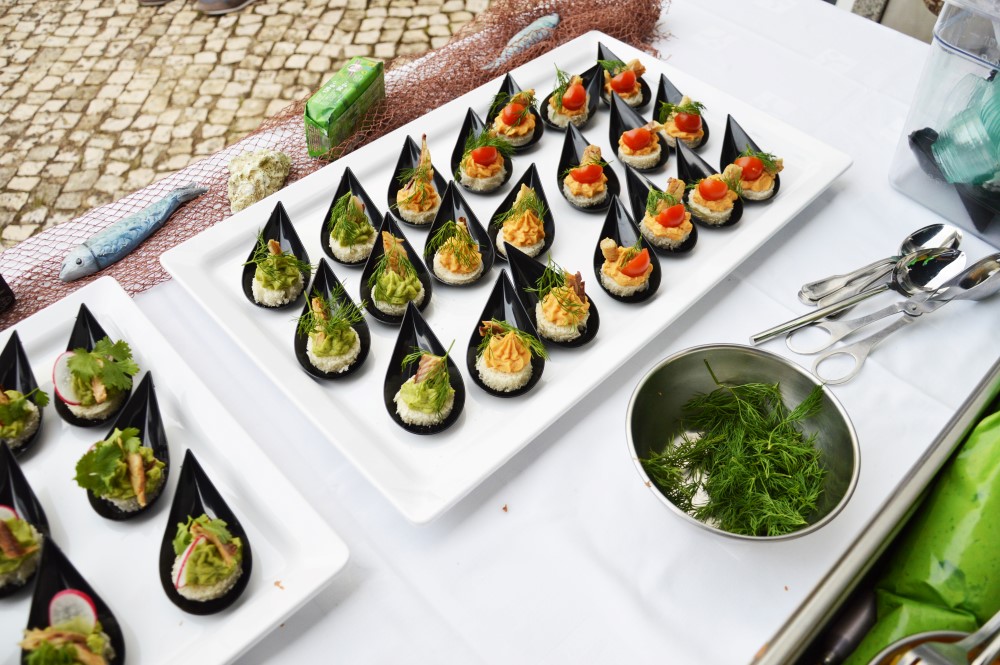
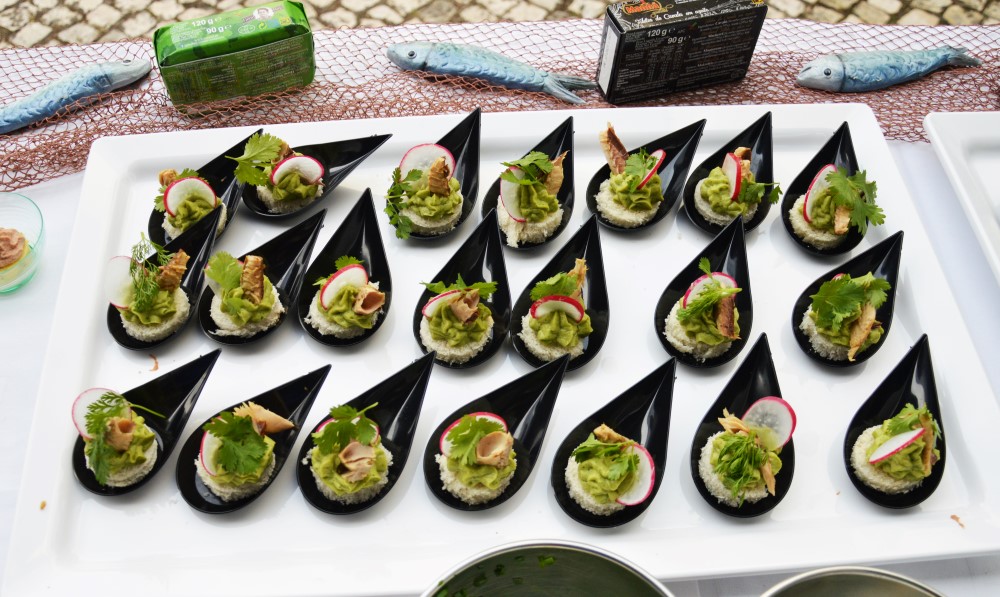
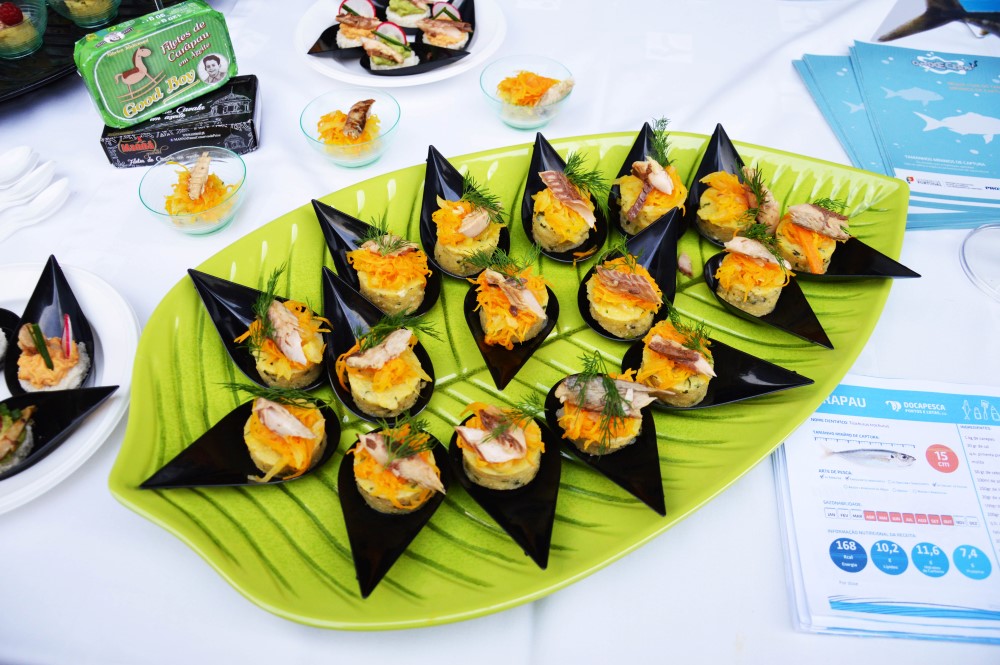
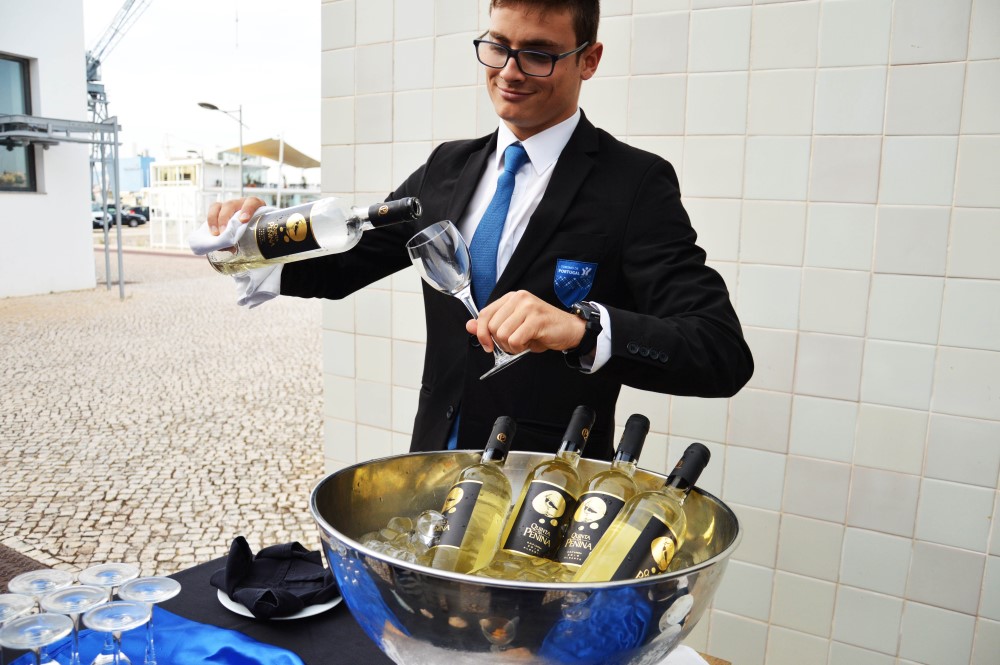
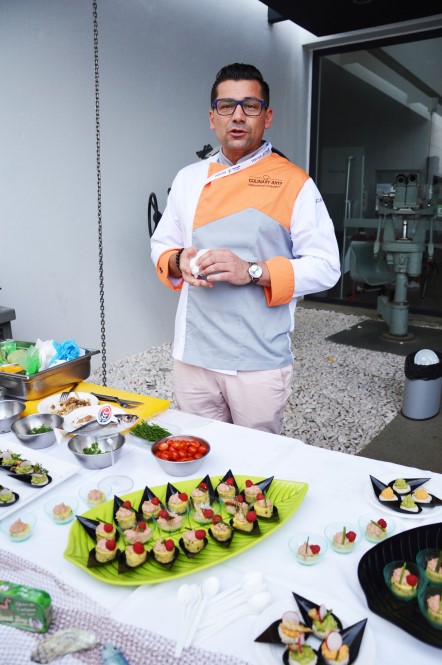
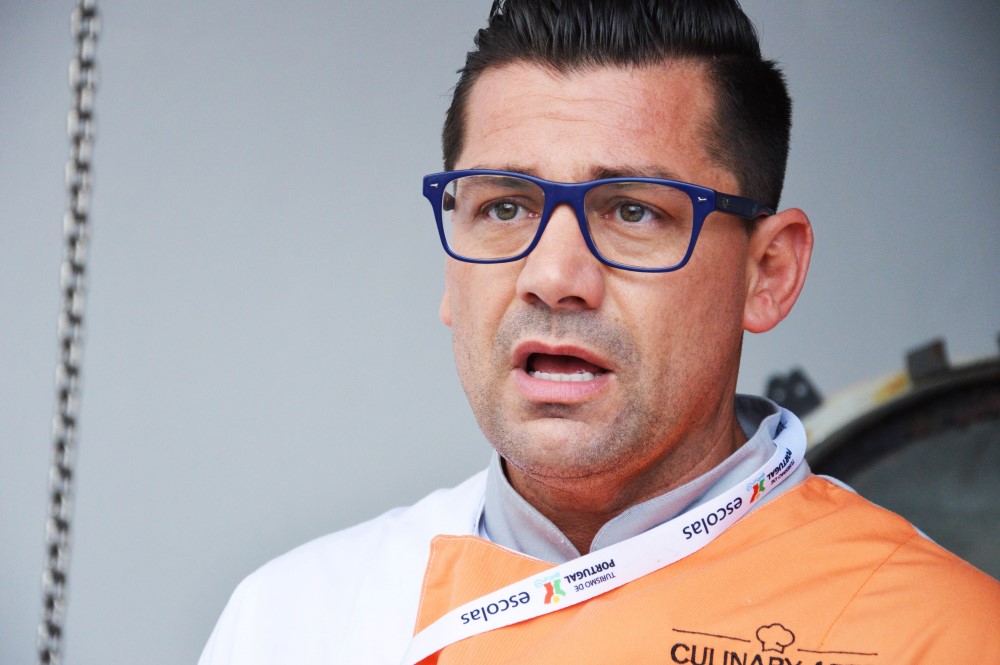


















Comments